|

Mr and Mrs Andrews
about 1750 GAINSBOROUGH, Thomas 1727 - 1788
This portrait is the masterpiece of Gainsborough's early years.
It was painted after his return home from London to Suffolk in 1748,
soon after the marriage of Robert Andrews of the Auberies
and Frances Carter of Ballingdon House,
near Sudbury in November of that year.

Bathers at Asni?res 1884
SEURAT, Georges 1859 - 1891 This was the first of Seurat's large-scale
compositions.He drew cont? crayon studies for individual figures using
live models, and made small oil sketches on site which he used to help
design the composition and record effects of light and atmosphere.
Some fourteen oil sketches and ten drawings survive. The final
composition,painted in the studio, combines information from both.
The landscape evokes Robert Andrew's estate,
to which his marriage added property.He has a gun under his arm,
while his wife sits on an elaborate Rococo-style
wooden bench. The painting of Mrs Andrews' lap is unfinished.
The space may have been reserved for a child for Mrs Andrews to hold.

The Judgement of Paris about 1597-9
RUBENS, Peter Paul 1577 - 1640
Paris, seated with his back to the viewer, gives the prize of a golden
apple to Venus,the central standing goddess, whom he judged to be the
most beautiful of the three. To the left stands Juno who is angered by the
choice, and to the right, turned away,Minerva, identifiable by the armour
at her feet. Venus is accompanied by Cupid and crowned
by a putto; another putto holds two doves. Paris is accompanied by
Mercury at the left, and in the background two satyrs watch the contest.
At the right a water god and a nymph recline on the ground.
This work was probably painted shortly before Rubens's departure
for Italy in 1600.
Oil on oak 133.9 x 174.5 cm.

Bacchus and Ariadne
;left foreground: ticianvs f. [ecit]. Bacchus, god of wine,
emerges with his followers from the landscape to the right.
Falling in love with Ariadne on sight, he leaps from his chariot,
drawn by two cheetahs, towards her. Ariadne had been
abandoned on the Greek island of Naxos by Theseus,
whose ship is shown in the distance. The picture shows
her initial fear of Bacchus, but he raised her to heaven
and turned her into a constellation, represented by the stars
above her head.

Belsazzar's Feast - Rembrandt

Sunflowers - Vincent van Gogh
This is one of four paintings of sunflowers dating from August and
September 1888.
Van Gogh intended to decorate Gauguin's room with these paintings
n the so-called Yellow House that he rented in Arles in the South
of France.
He and Gauguin worked there together between October and
December 1888.
Van Gogh wrote to his brother Theo in August 1888, 'I am hard at it,
painting with the enthusiasm of a Marseillais eating bouillabaisse,
;which won't surprise you when you know that what
I'm at is the painting of
some sunflowers.If I carry out this idea there will be a dozen
panels.
So the whole thing will be a symphony in blue and yellow.
I am working at it every morning from sunrise on,
for the flowers fade so quickly. I am now on the fourth picture
of sunflowers.
This fourth one is a bunch of 14 flowers ... it gives a singular effect.'
The dying flowers are built up with thick brushstrokes (impasto).
The impasto evokes the texture of the seed-heads.
Van Gogh produced a replica of this painting in January 1889,
and perhaps another one later in the year. The various versions
and replicasremain much debated among Van Gogh scholars.<

VERMEER VAN DELFT, Jan Lady Seated at a Virginal c. 1673
Oil on canvas, 51,5 x 45,5 cm National Gallery, London
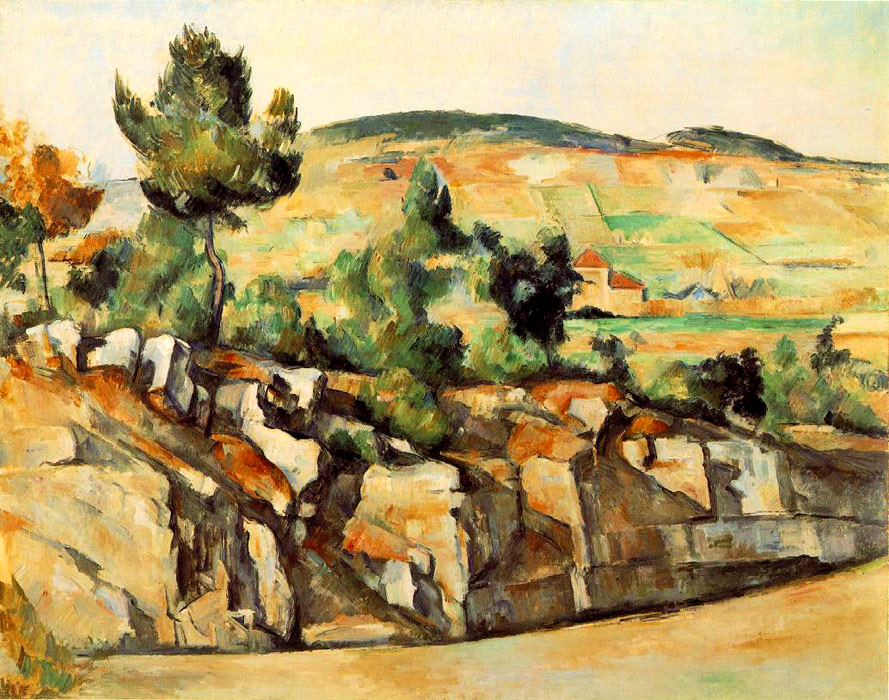
Paul Cezanne,
Montagne in Provenza (Mountains in Provence) 1886-90
Oil on canvas, 63.5 x 79.4 cm (25 x 31 3/8")
National Gallery, London.

Queen Elizabeth I by Unknown artist

The Fighting Temeraire gged to her Last Berth to be broken up, 1838
TURNER, Joseph Mallord William 1775 - 1851
The 98-gun ship 'Temeraire' played a distinguished role in Nelson'
s victory
at the Battle of Trafalgar in 1805, after which she was known as the
'Fighting
Temeraire'
The ship remained in service until 1838 when she was
decommissioned
and towed from Sheerness to Rotherhithe to be broken up.
The painting was thought to represent the decline of Britain'
s naval power.
The 'Temeraire' is shown travelling east, away from the sunset,
even though Rotherhithe is west of Sheerness, but Turner's
main concern
was to evoke a sense of loss, rather than to give an exact
recording
of the event. The spectacularly colourful setting of the sun
drawsa parallel with the passing of the old warship.
By contrast the new steam-powered tug is smaller and
more prosaic.

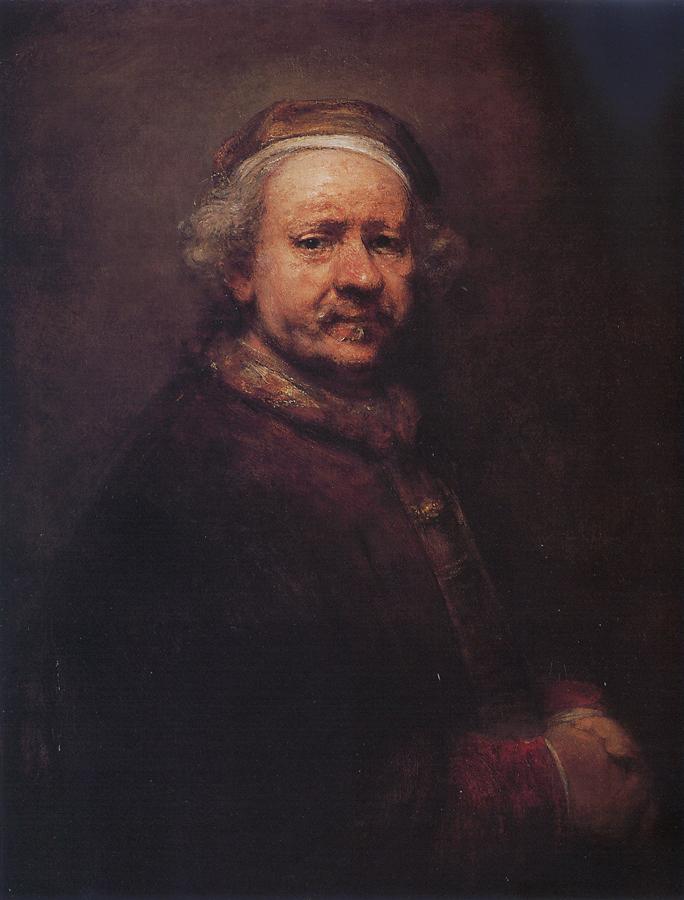
Rembrandt Self portrait 1669

The Ambassadors
HOLBEIN the Younger, Hans
1497/8 - 1543
This picture memorialises two wealthy, educated and powerful
young men.
At the left is Jean de Dinteville, aged 29, French ambassador
to England in 1533. To the right stands his fr
Georges de Selve, aged 25, Bishop of Lava
who acted on several occasions as ambassador to the Emperor,
the Venetian Republic and the Holy See.
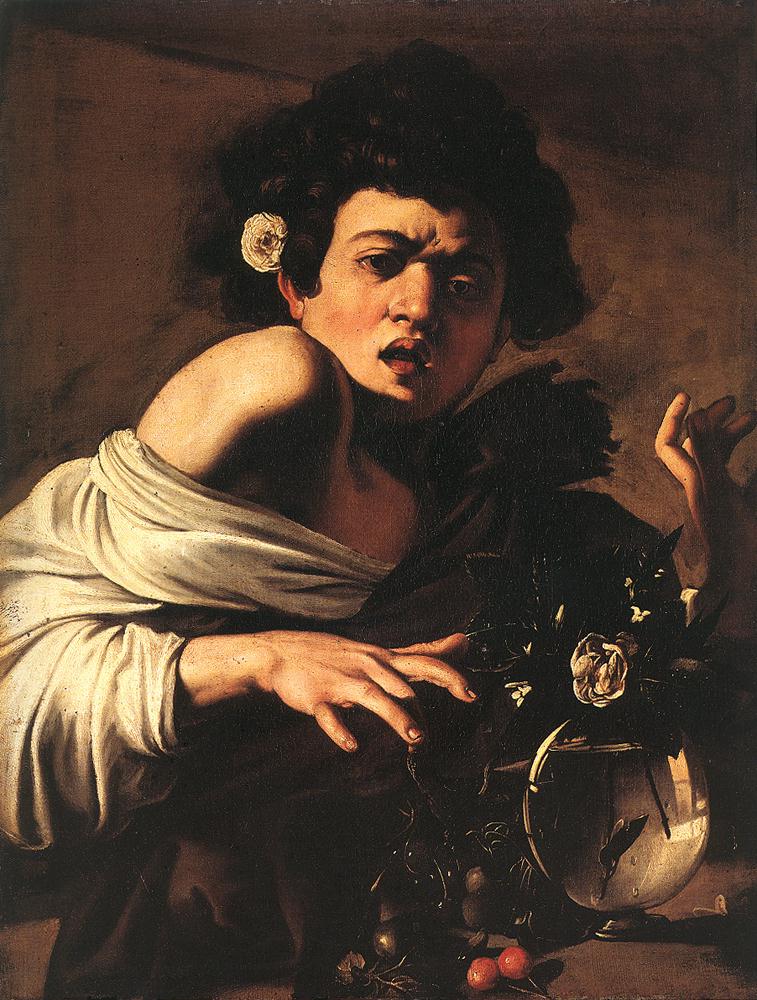
Boy Bitten by a Lizard c. 1594

Caravaggio - Supper At Emmaus - Milan
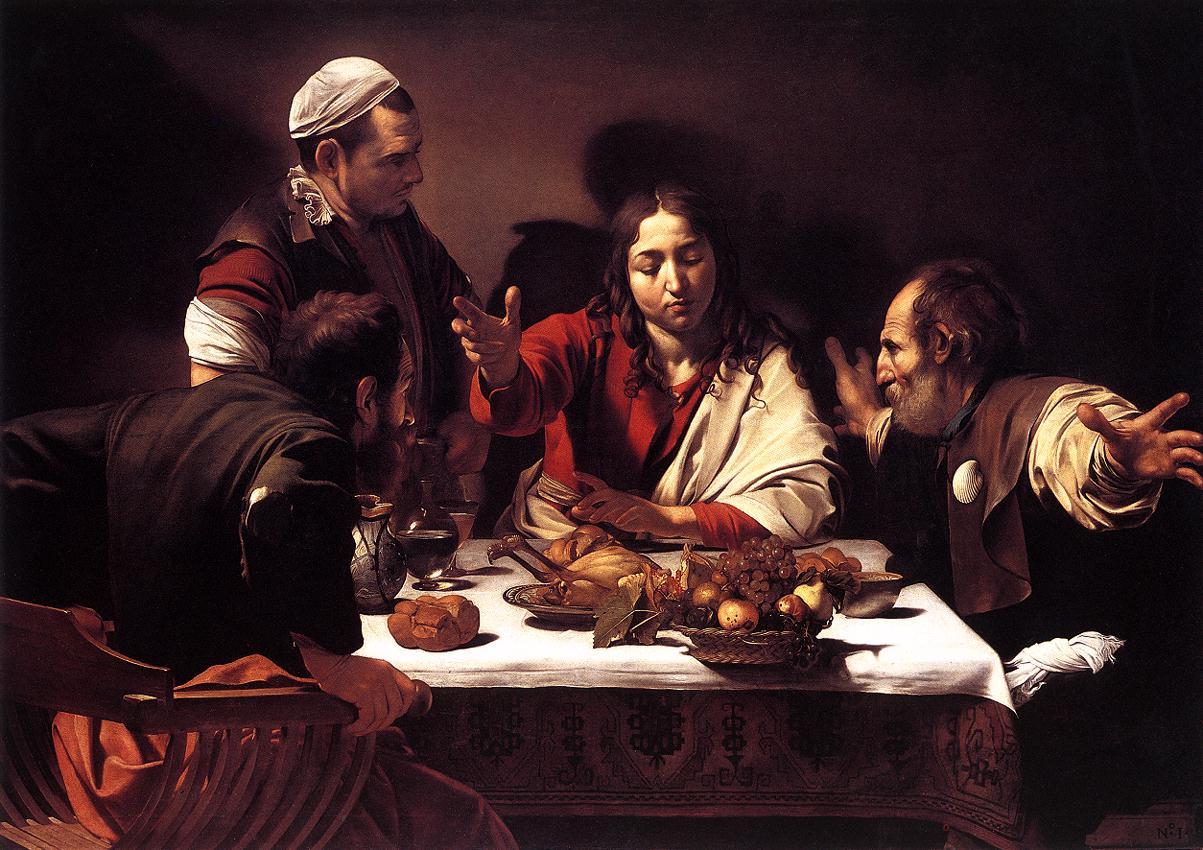
Caravaggio - Supper At Emmaus

Giovanni Domenico Tiepolo
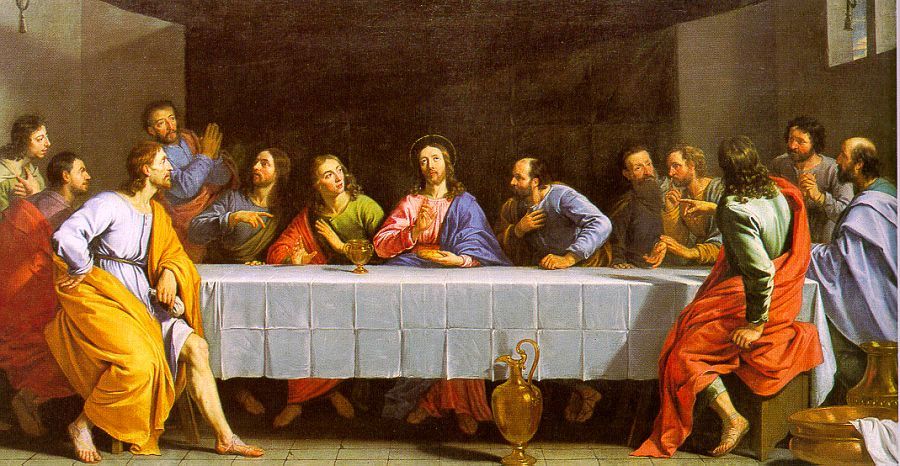
by Philippe de Champaigne(1602-1674)
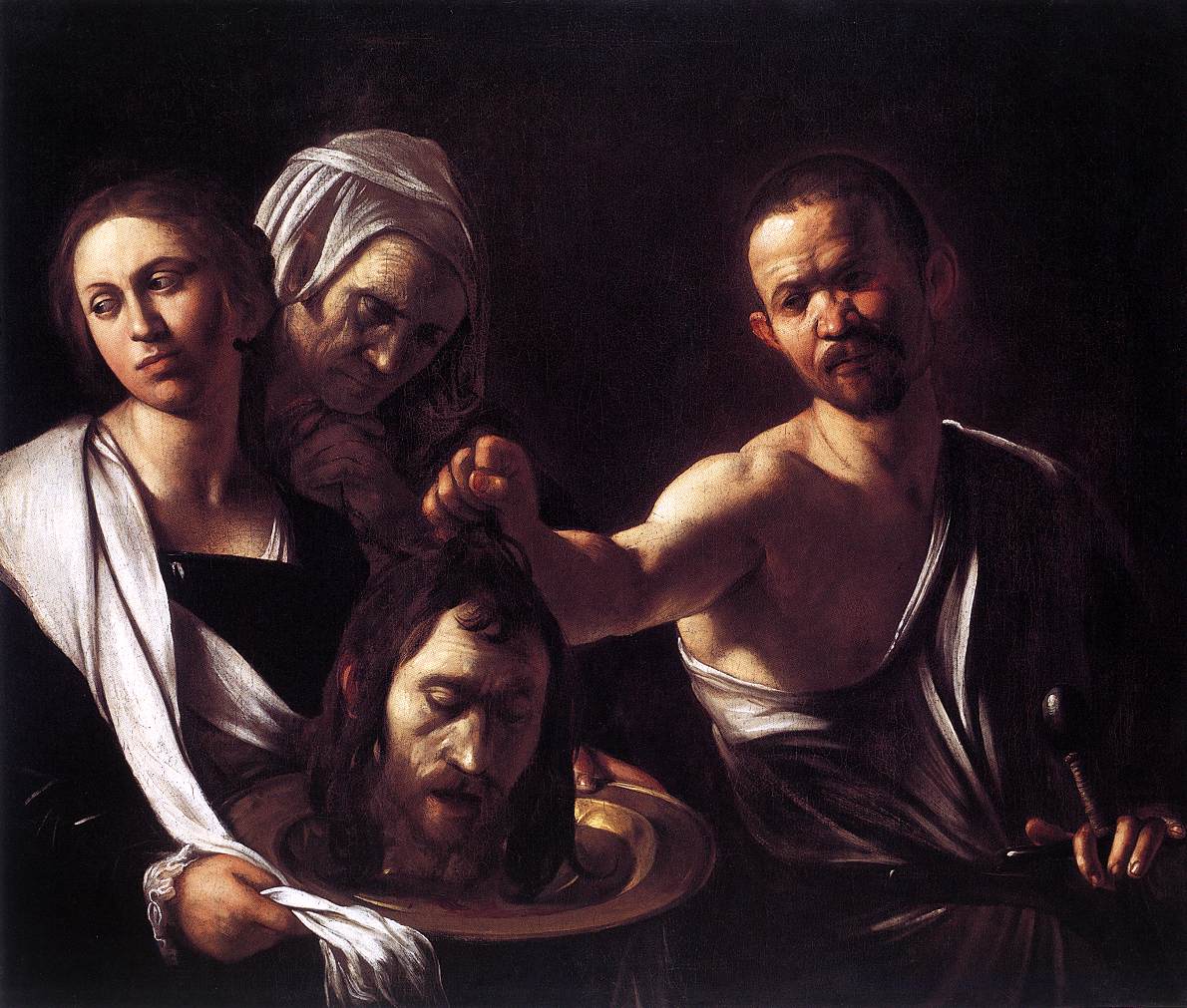
Caravaggio_Salome with the Head of St John the Baptist
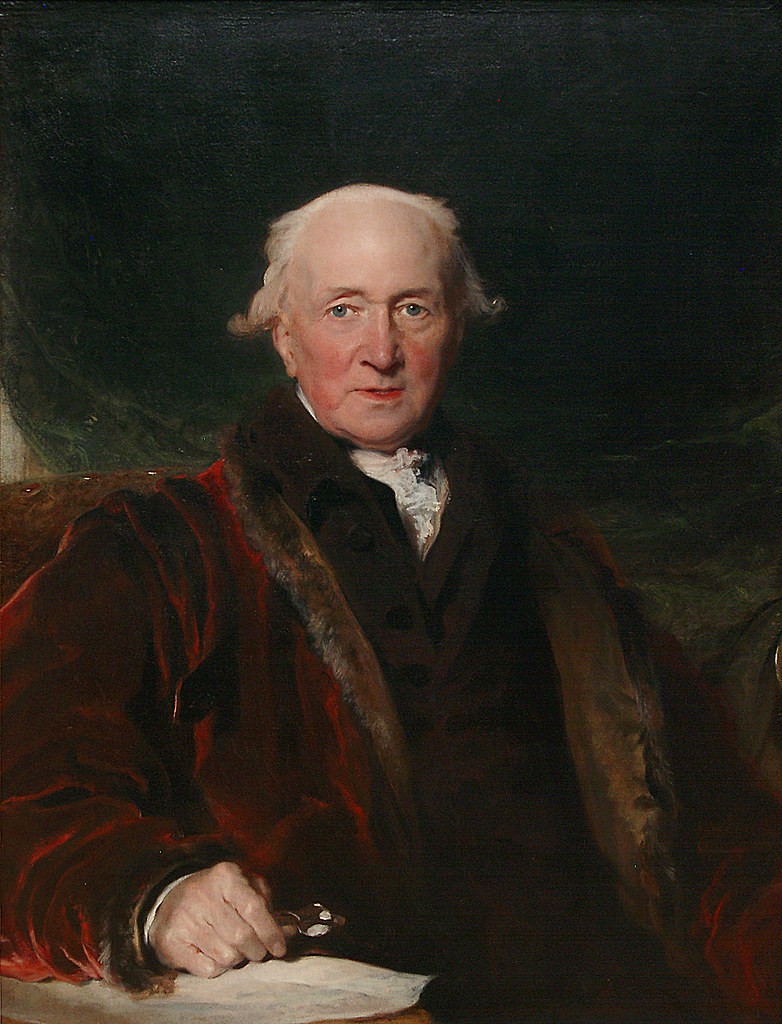
John Julius Angerstein (1732-1823)
by Sir Thomas Lawrence
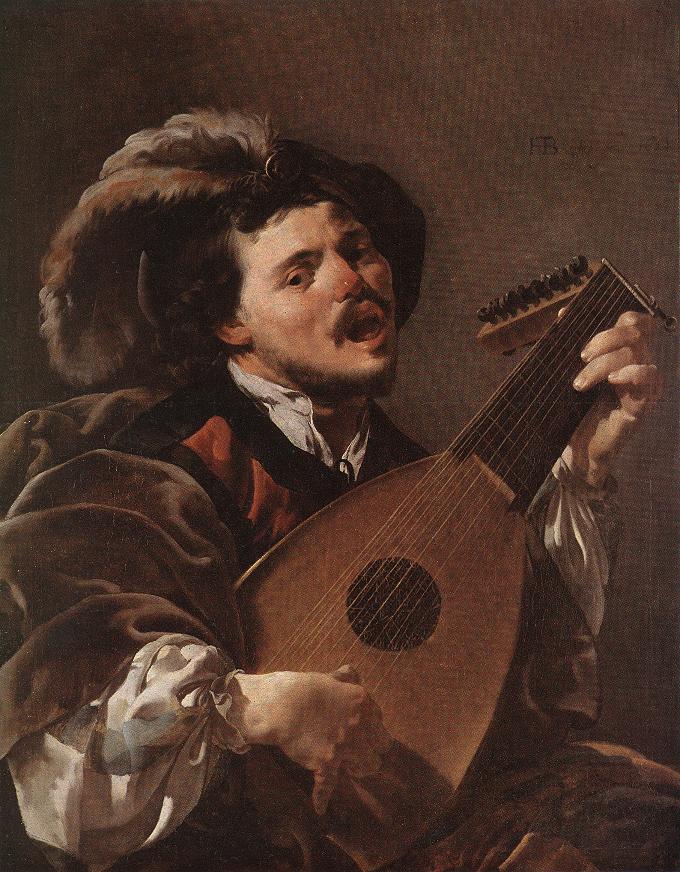
Lute Player (1624)
Hendrick TerBrugghen

Elizabeth-Louise Vigee-Lebrun
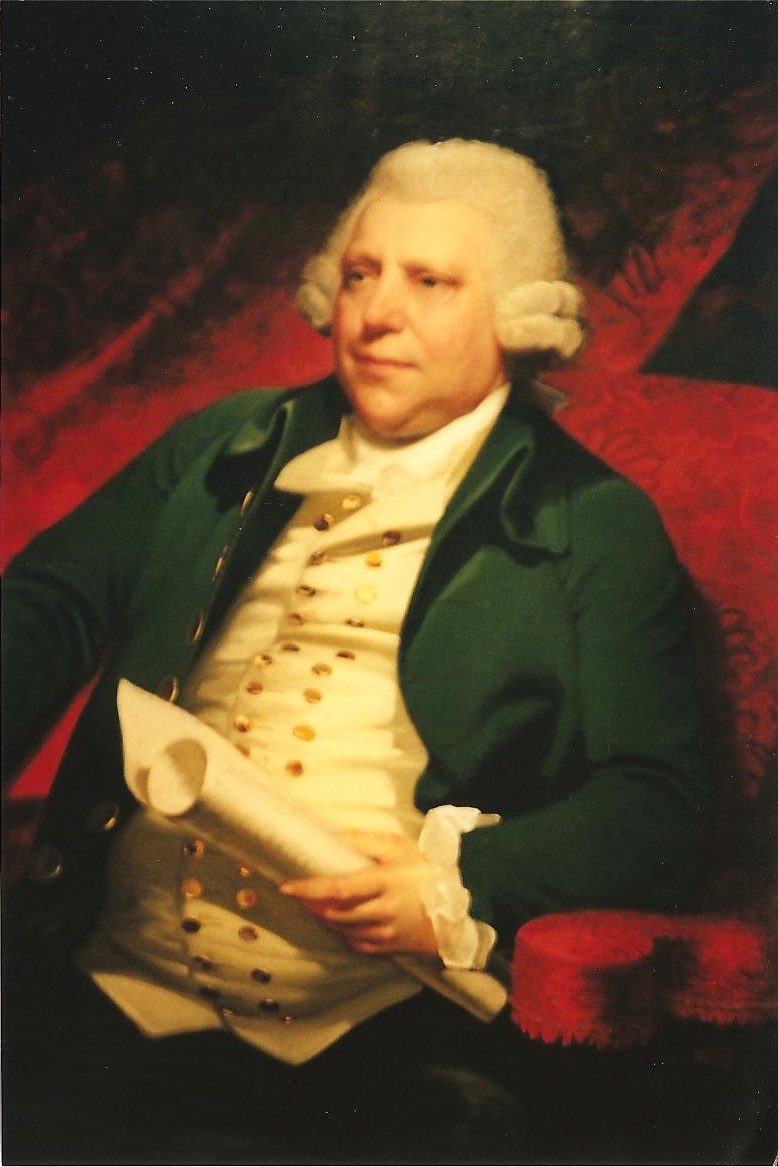
Mather Brown (b.1761, Boston, MA; d.1831, London, England)
Sir Richard Arkwright, 1790

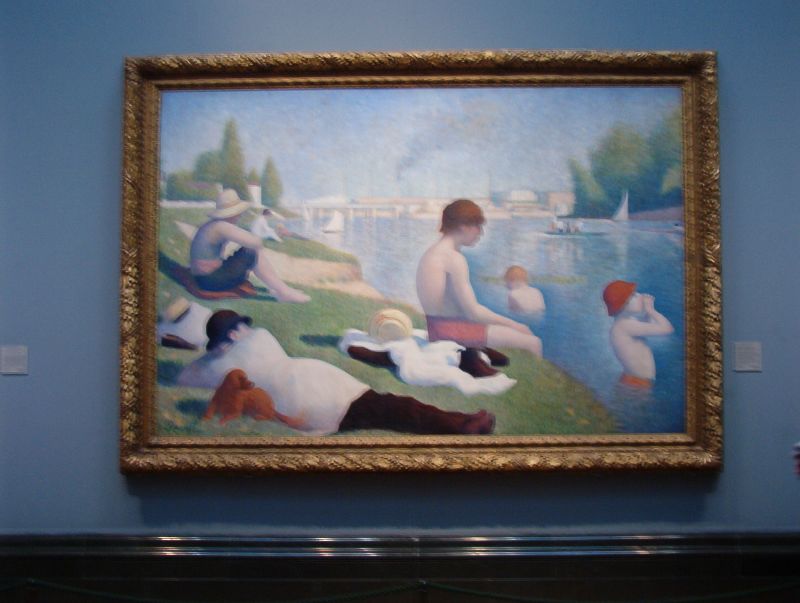
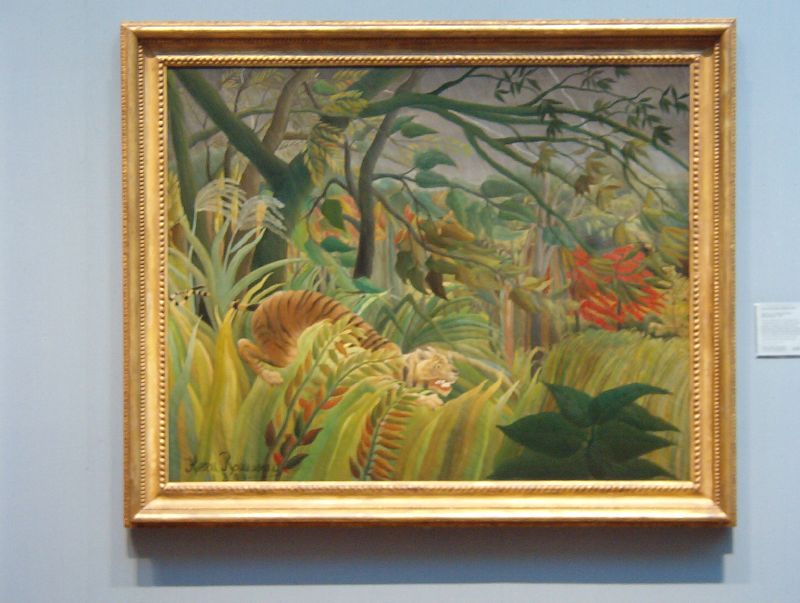
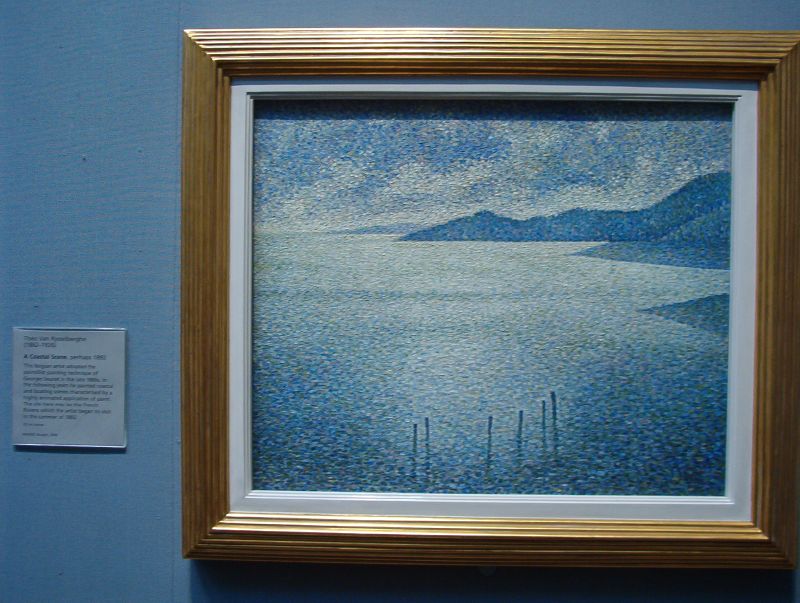

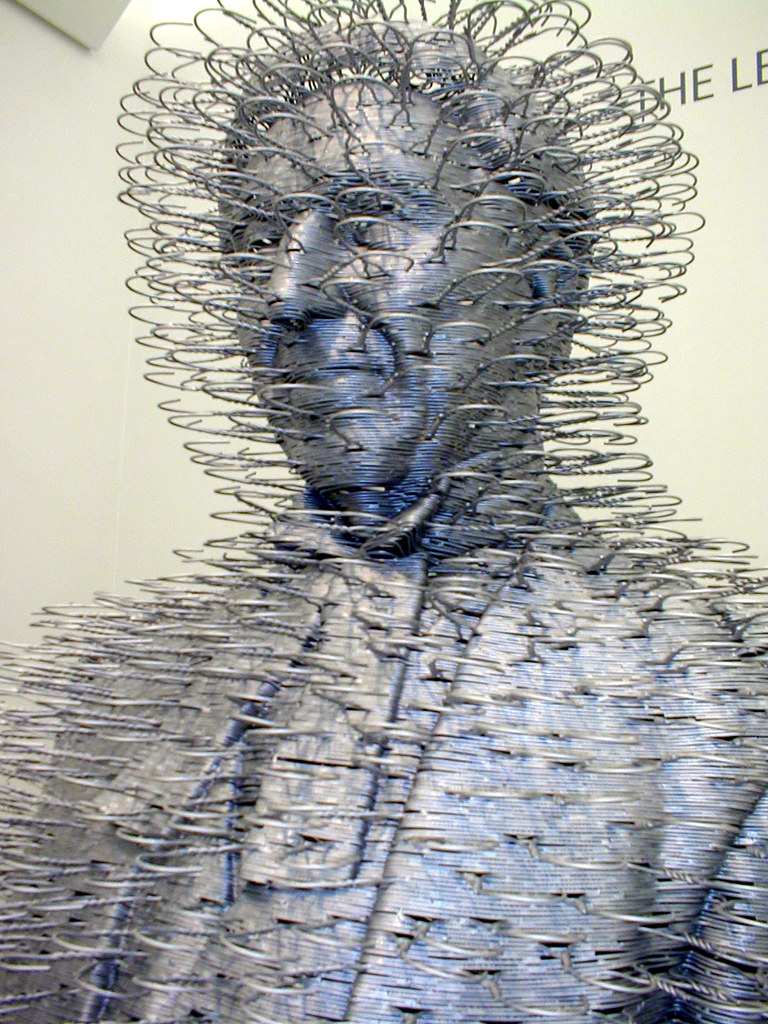
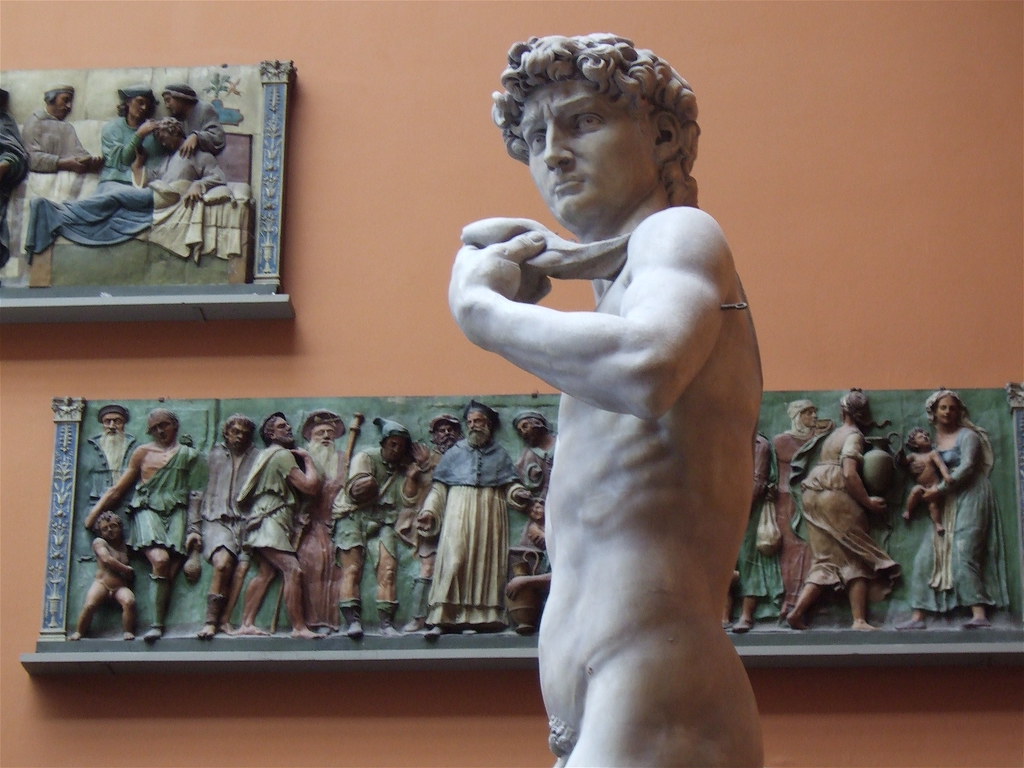
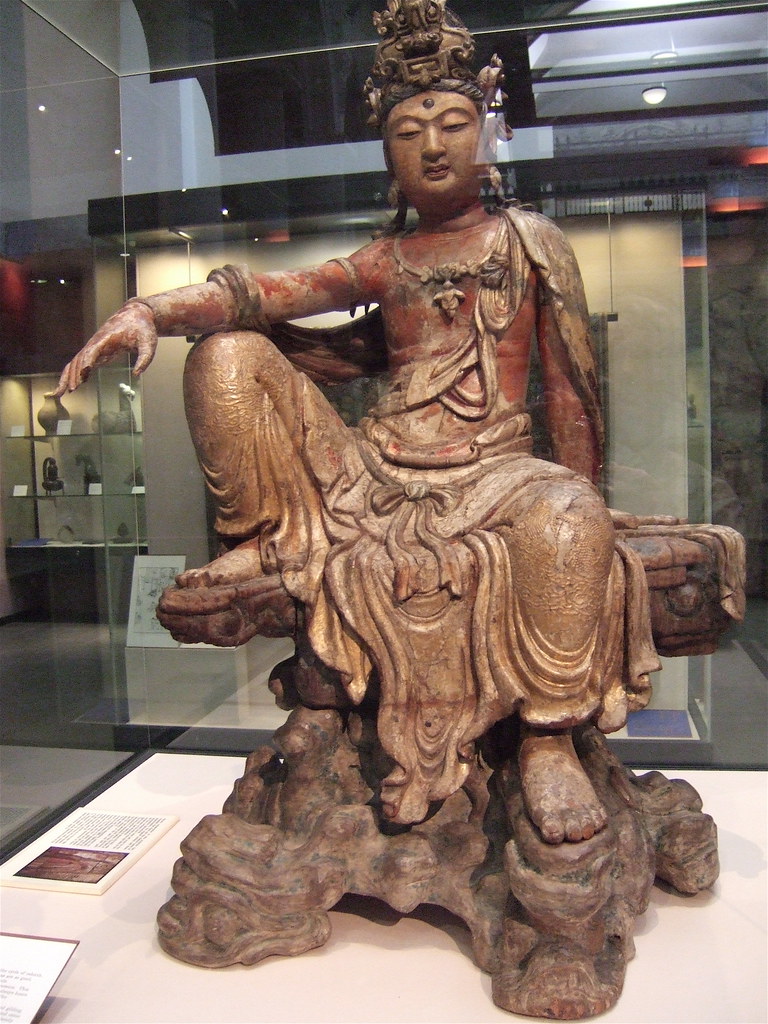
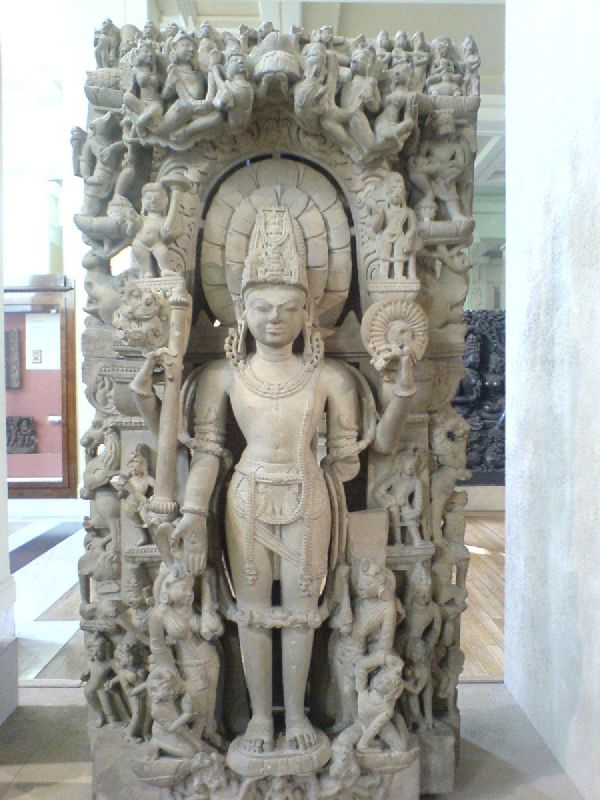
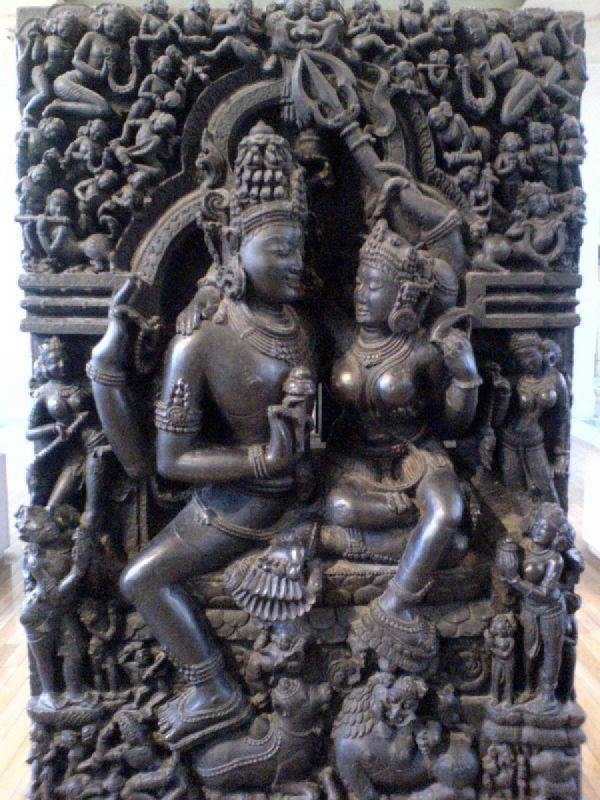
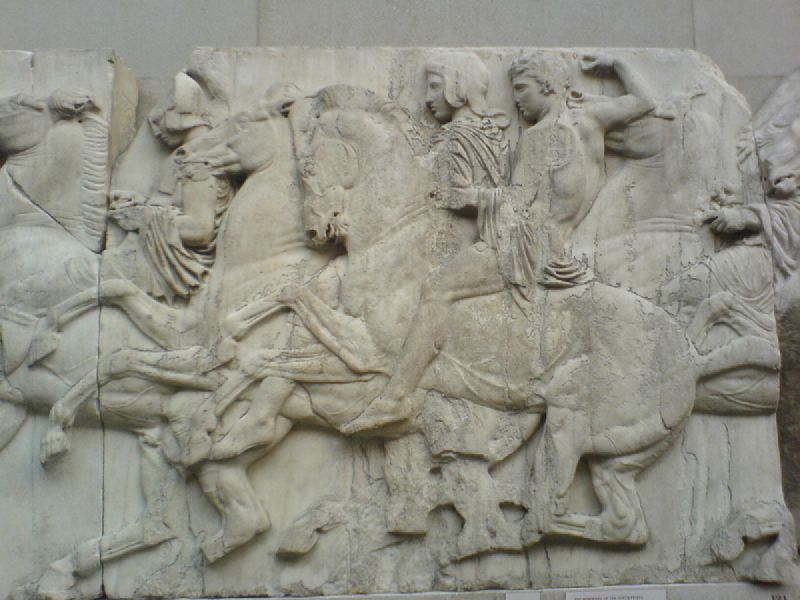
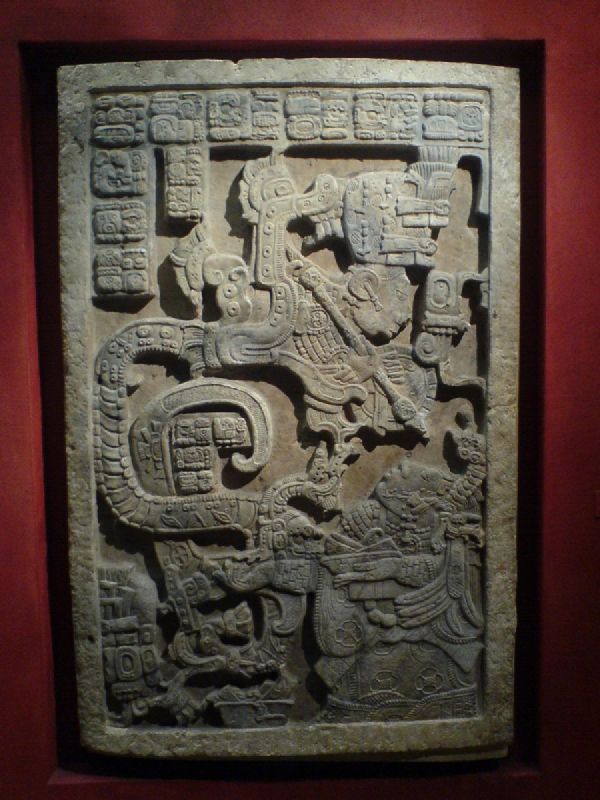
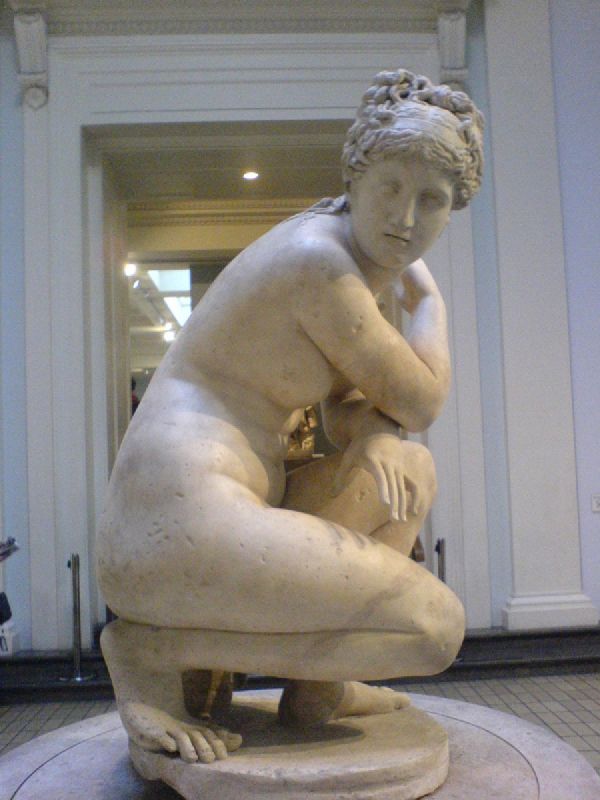
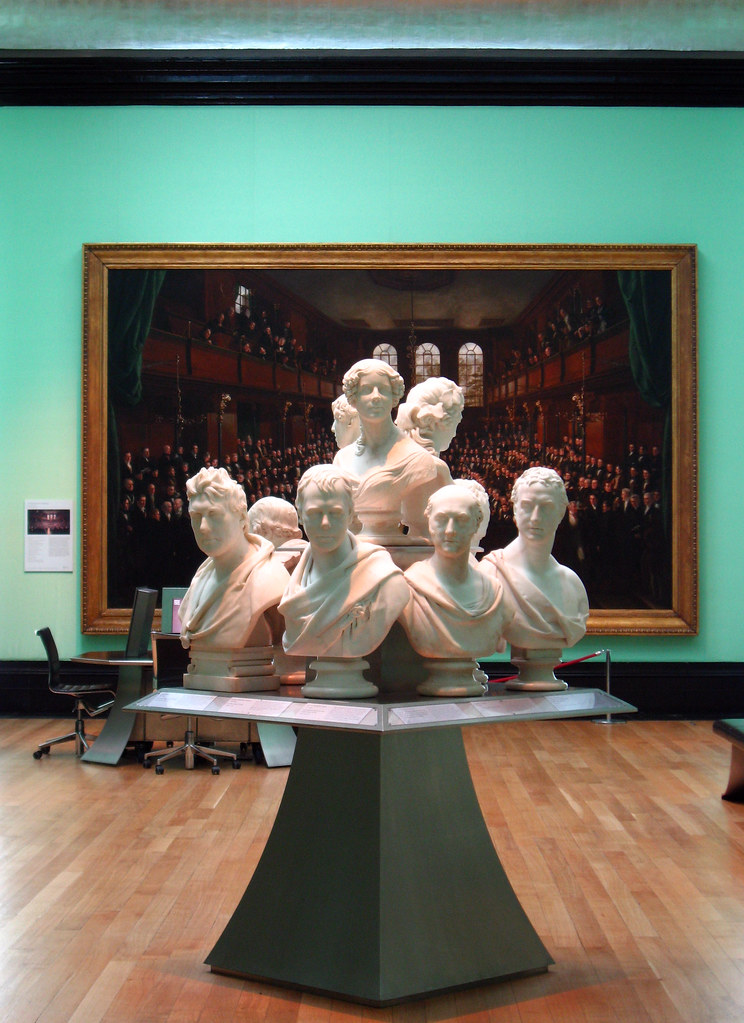
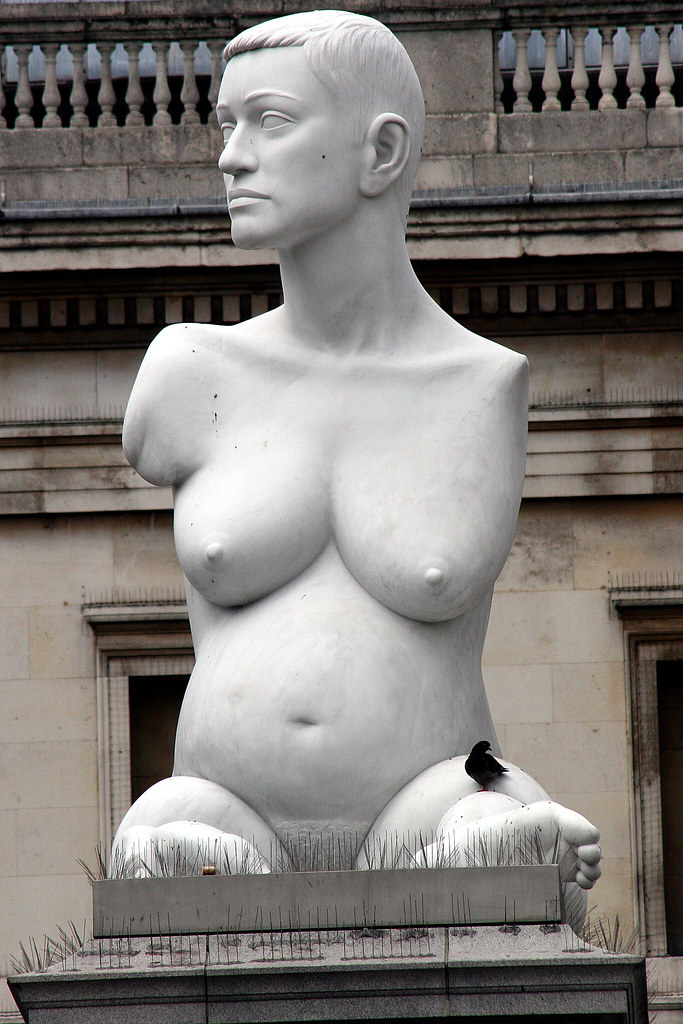

National Gallery Grand Tour 2007
노변 순회전시
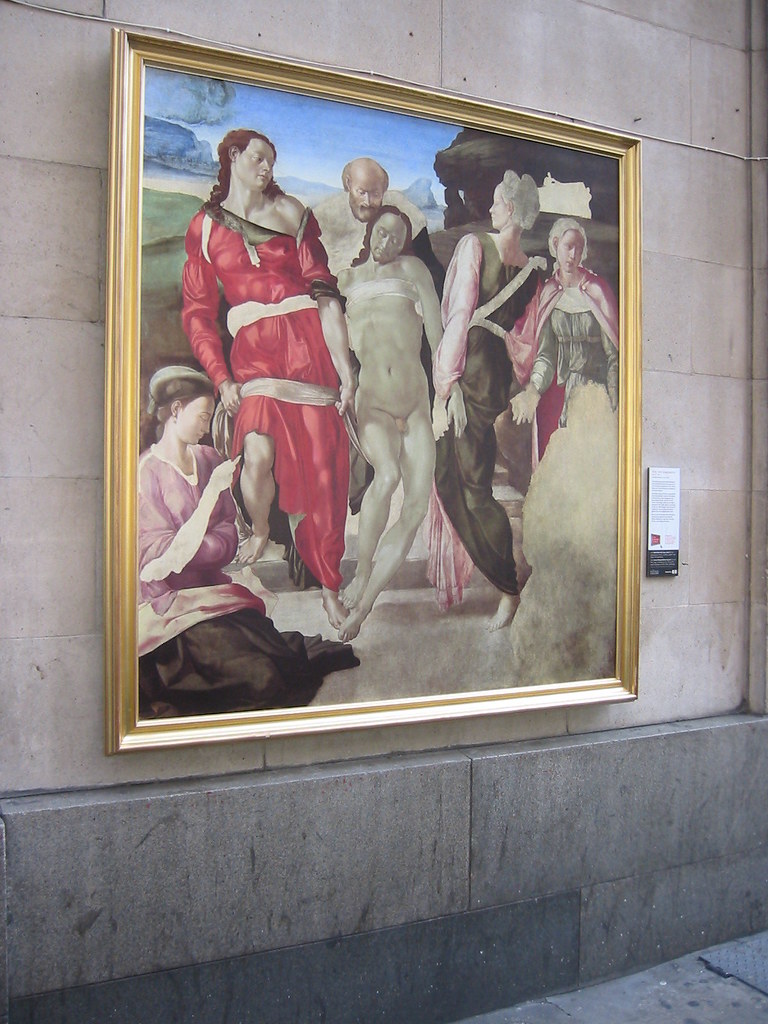
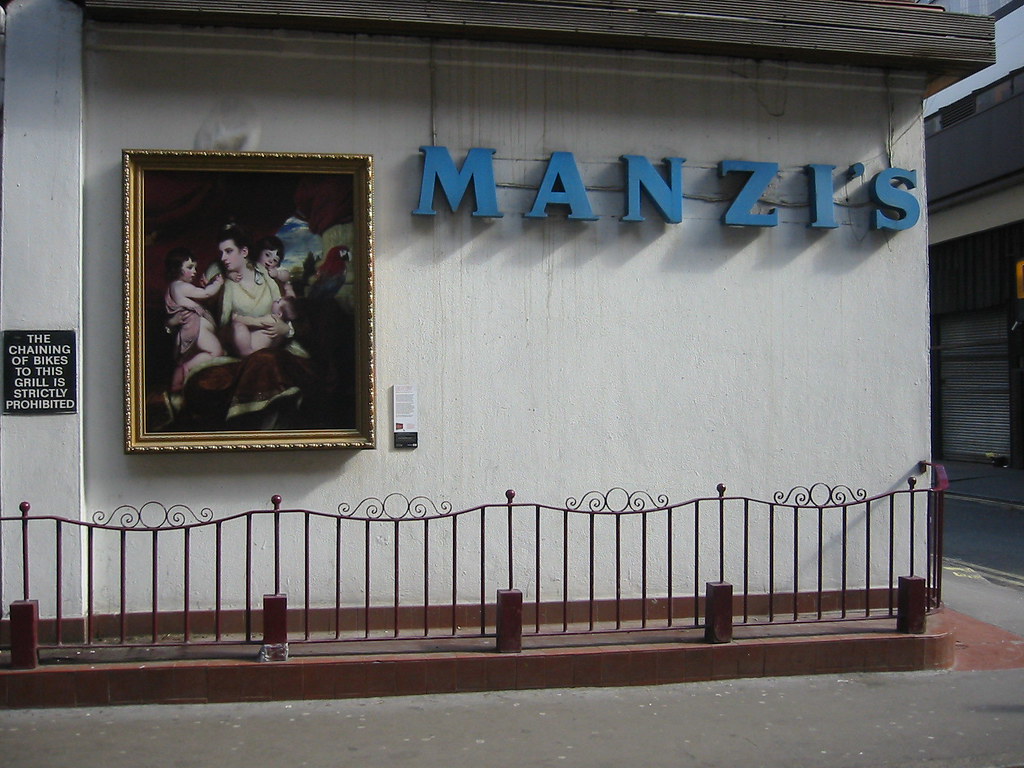
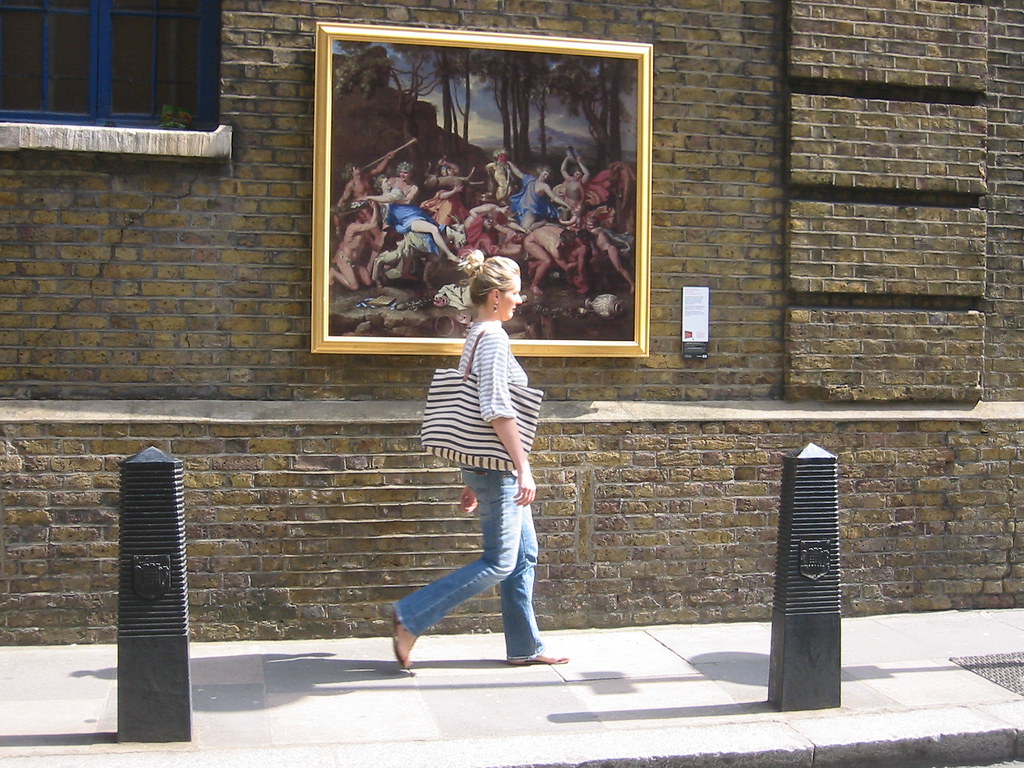
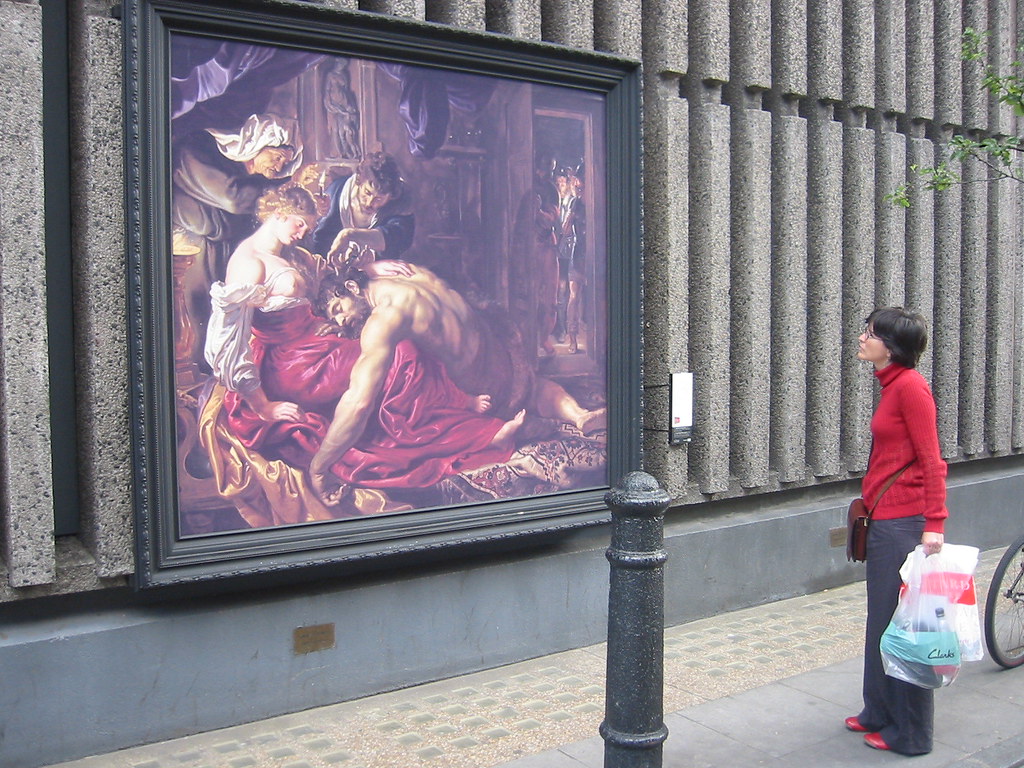
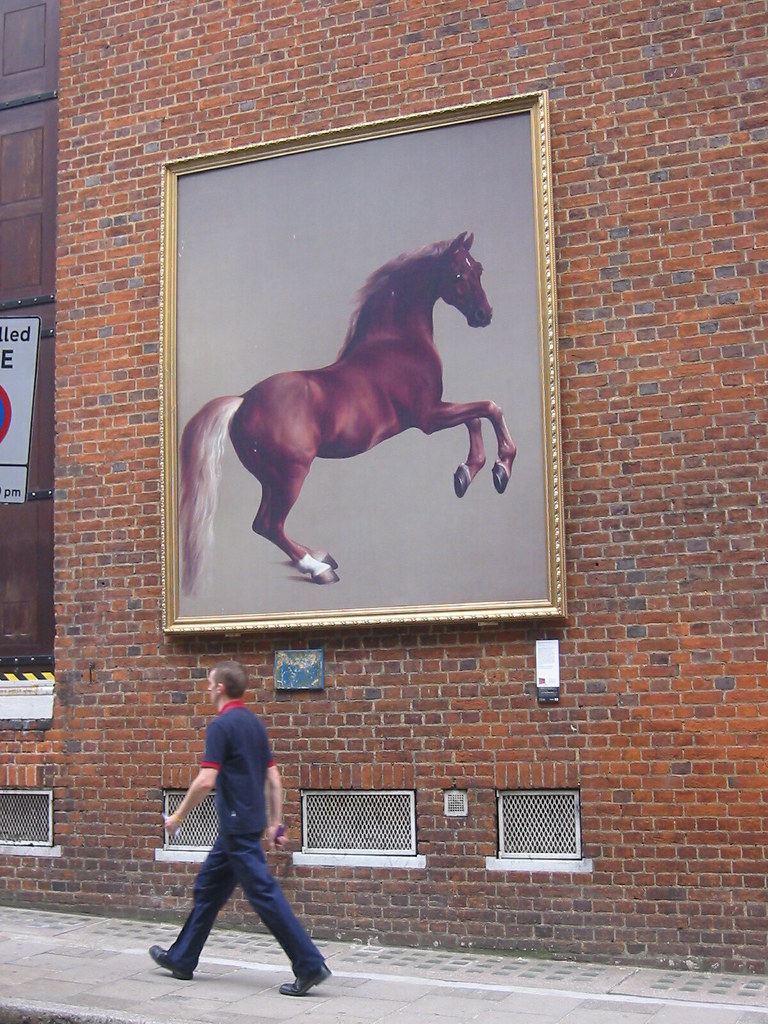
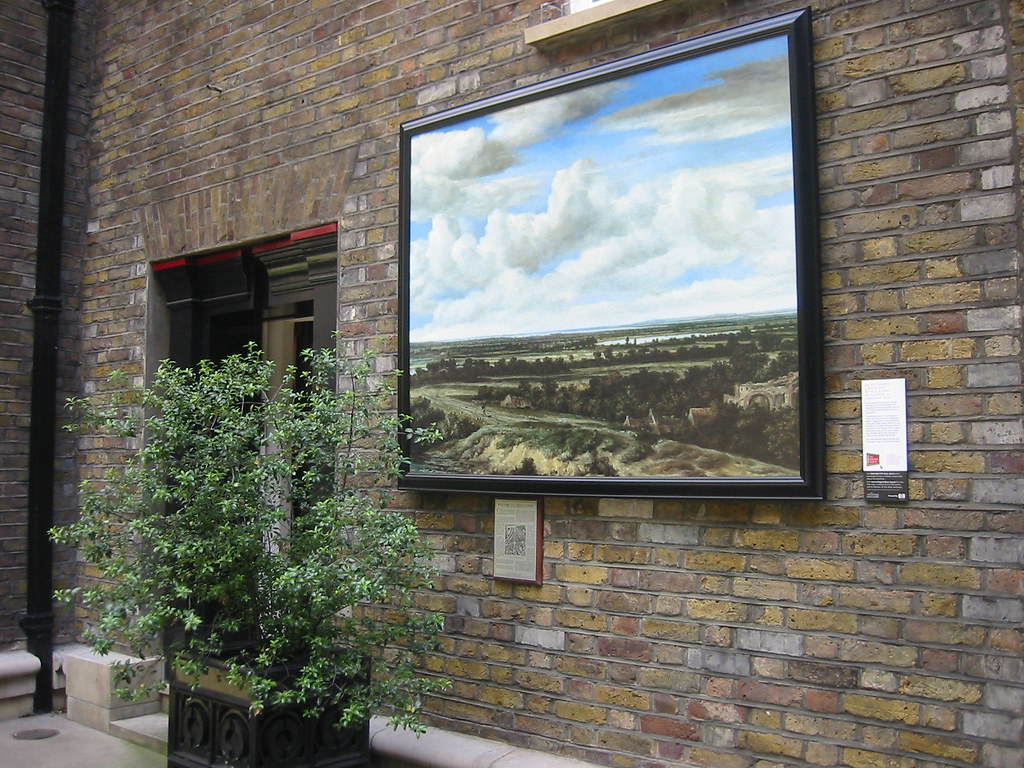
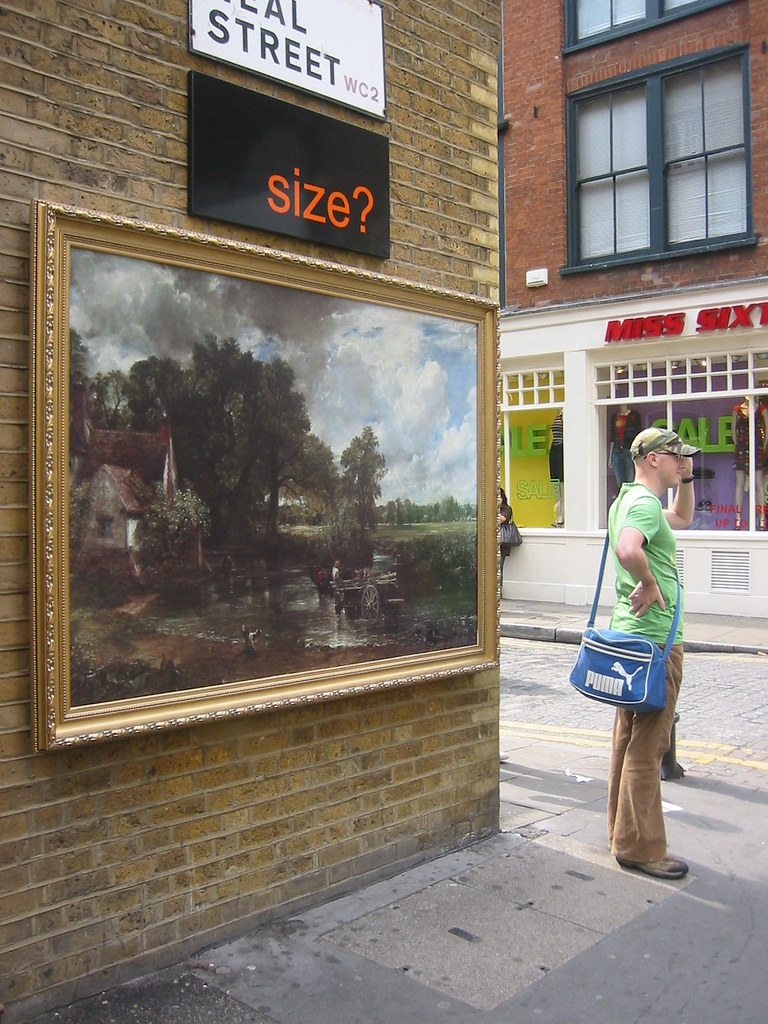
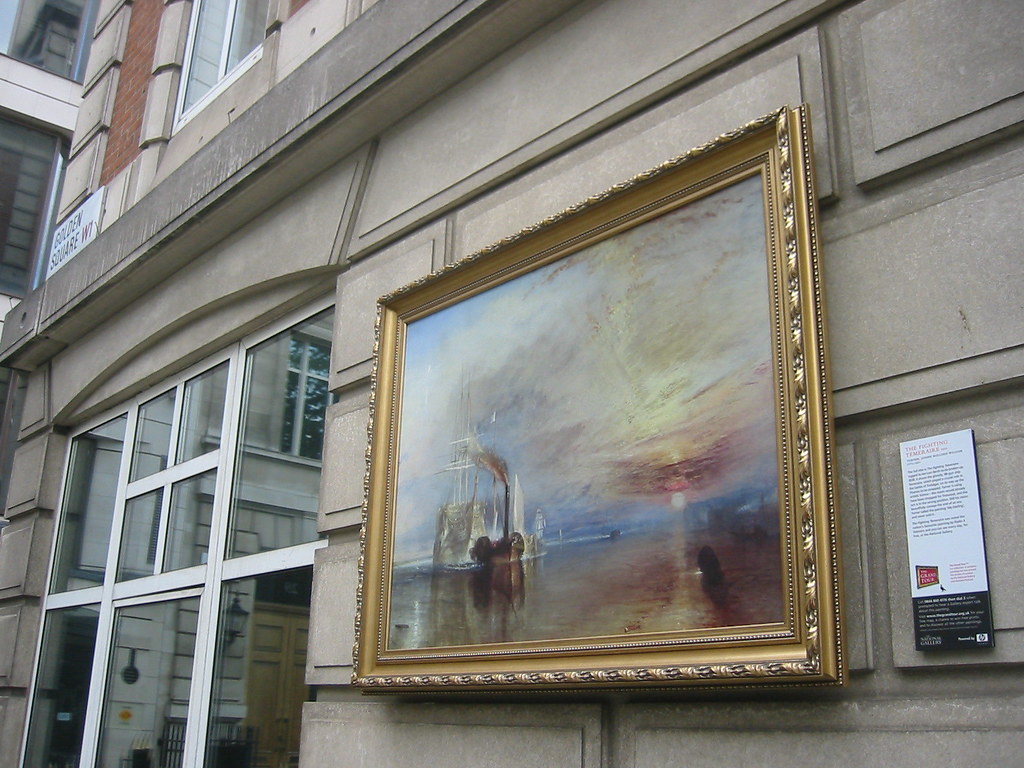
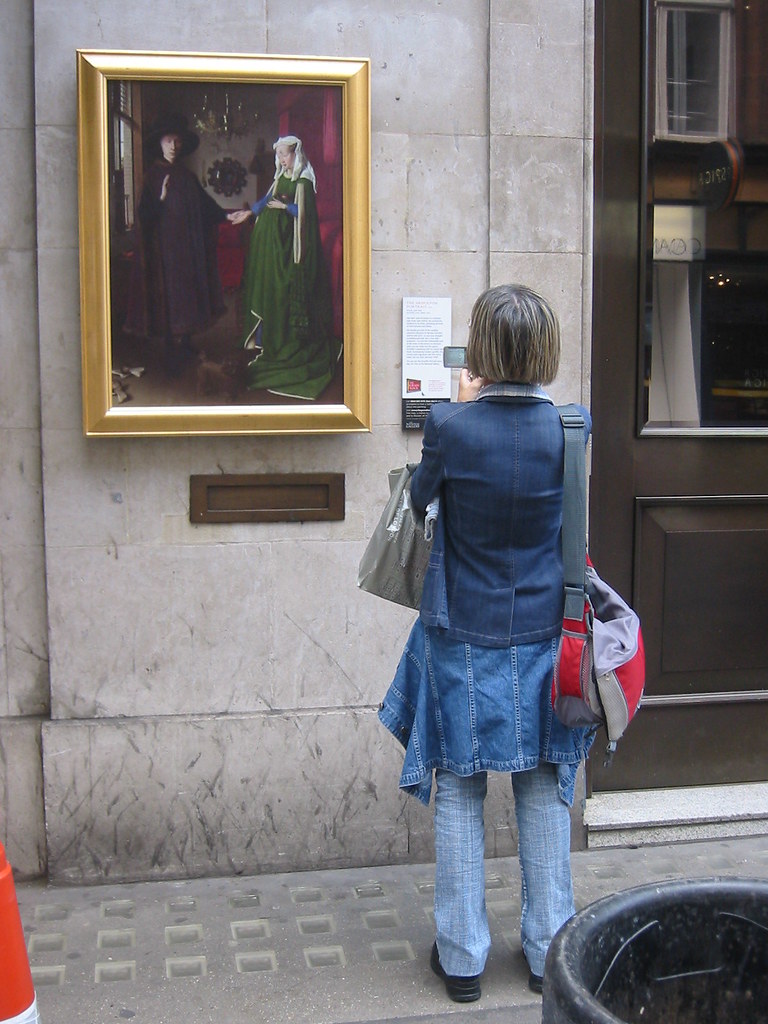
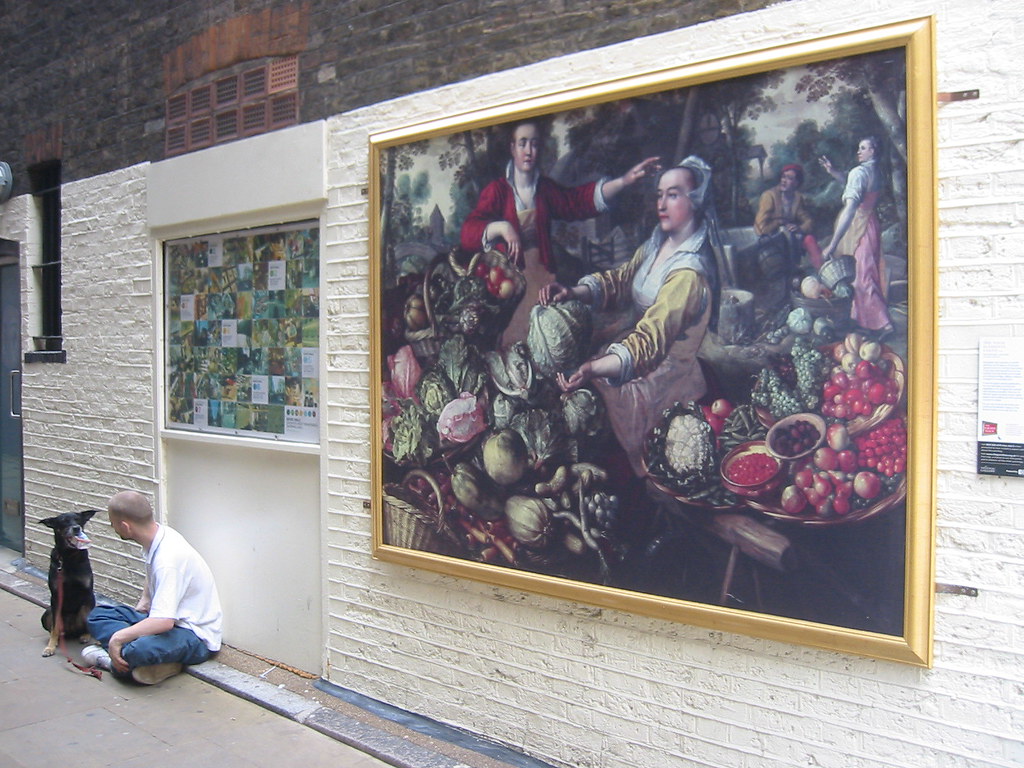
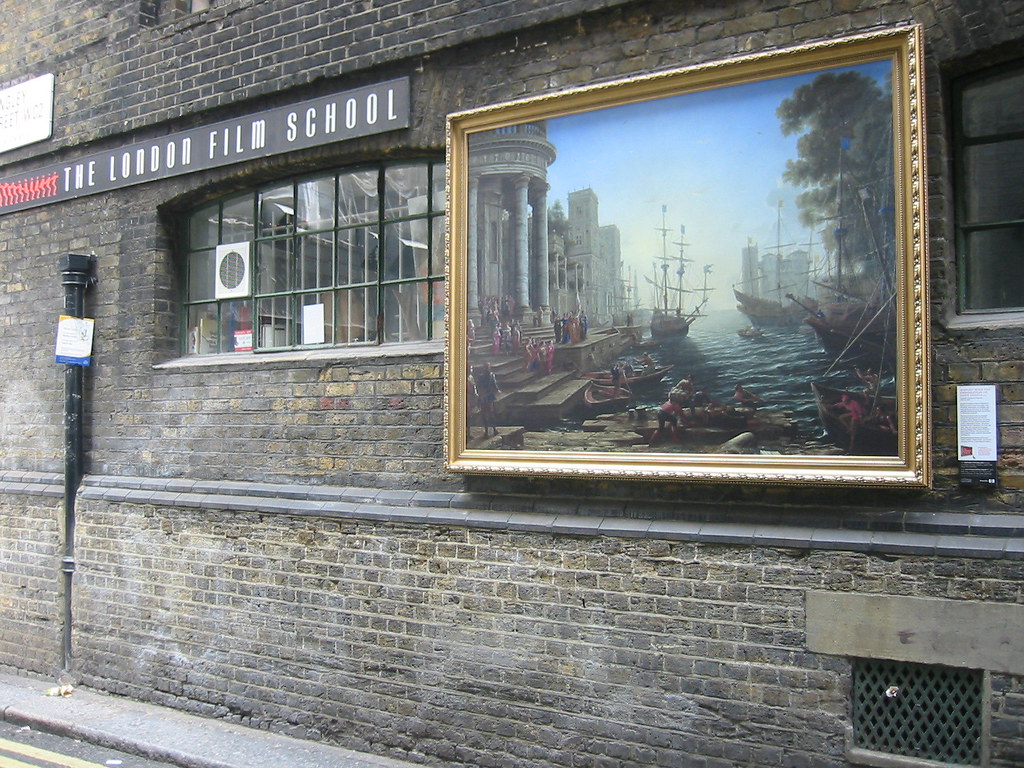
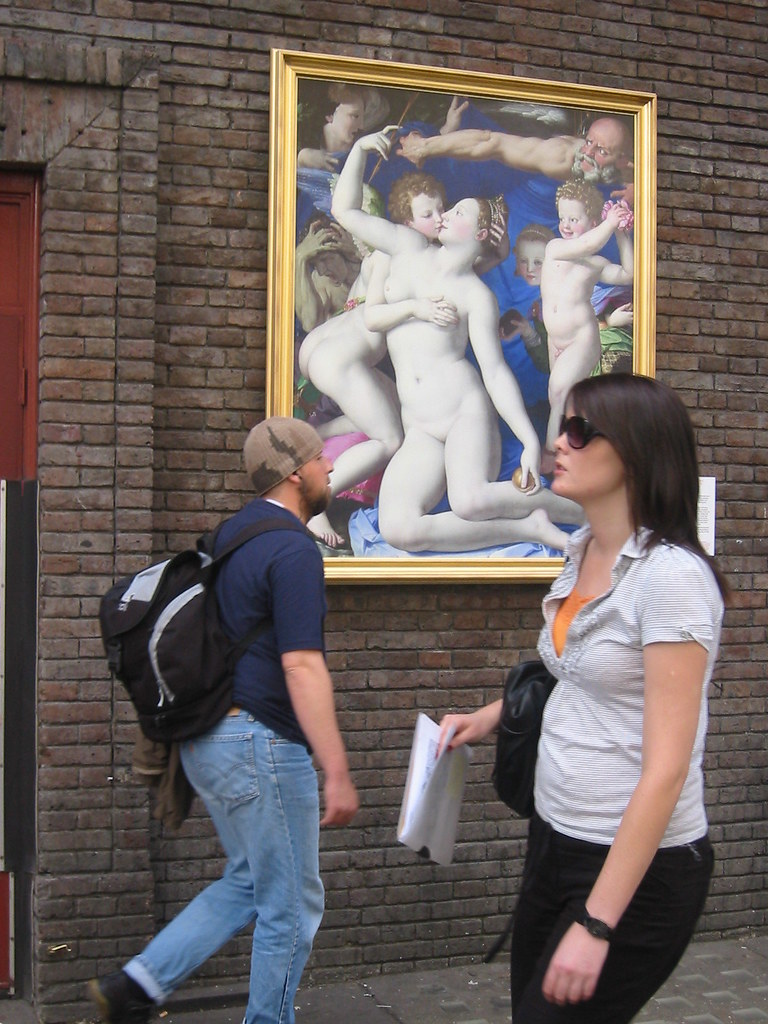
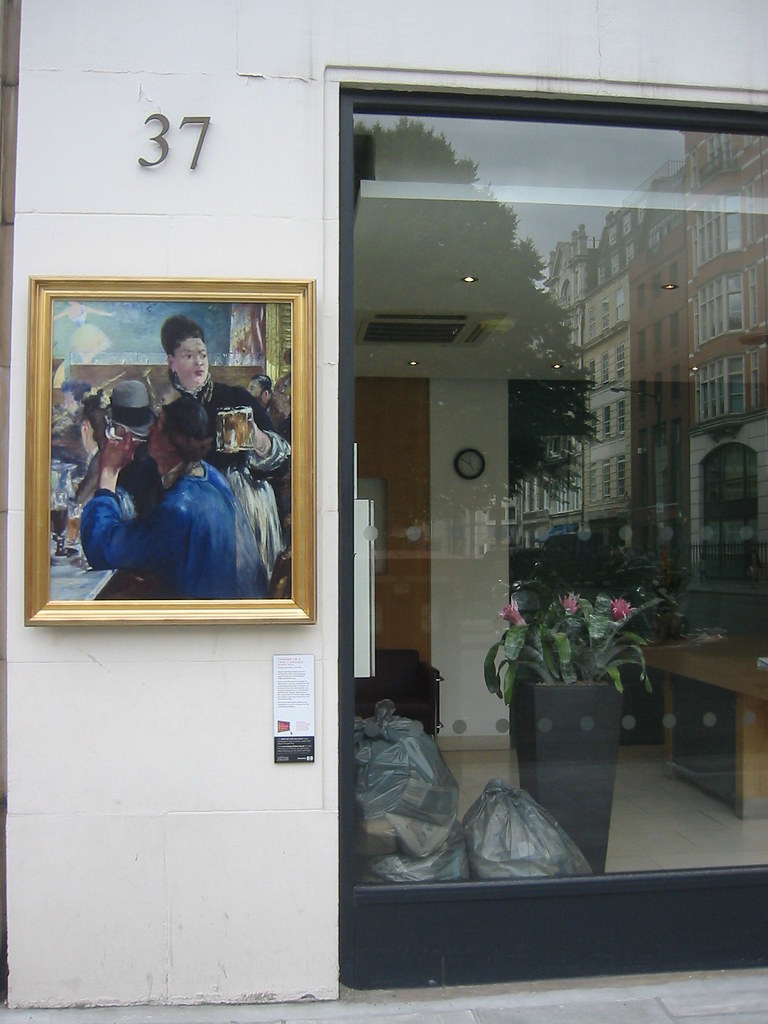
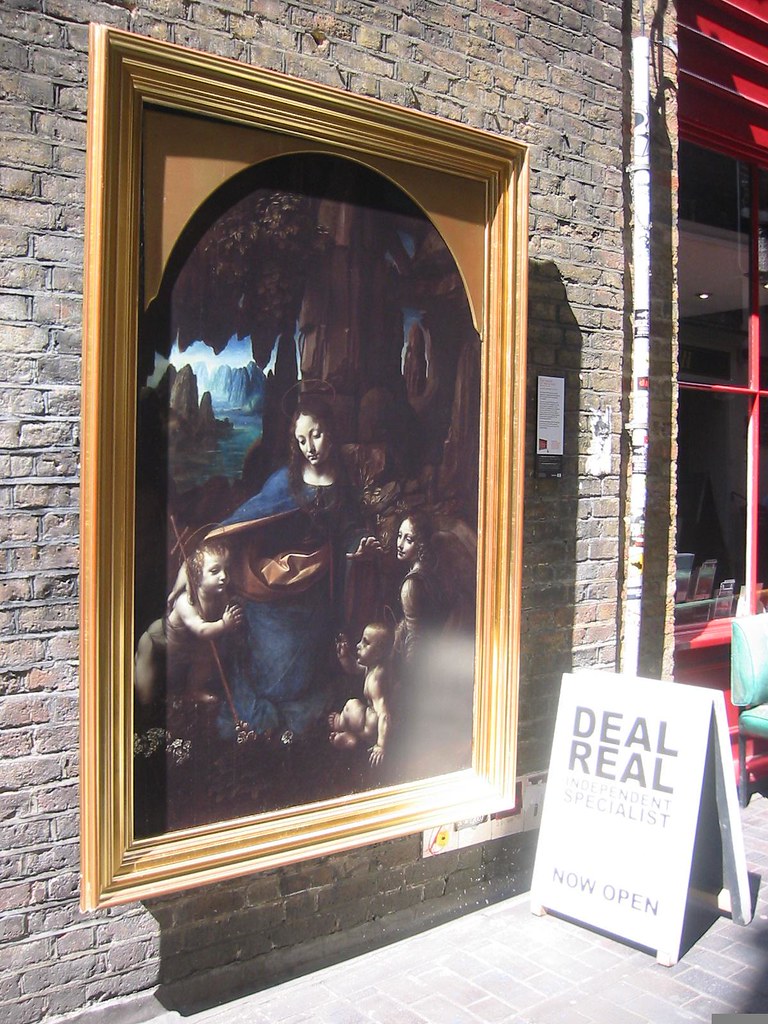
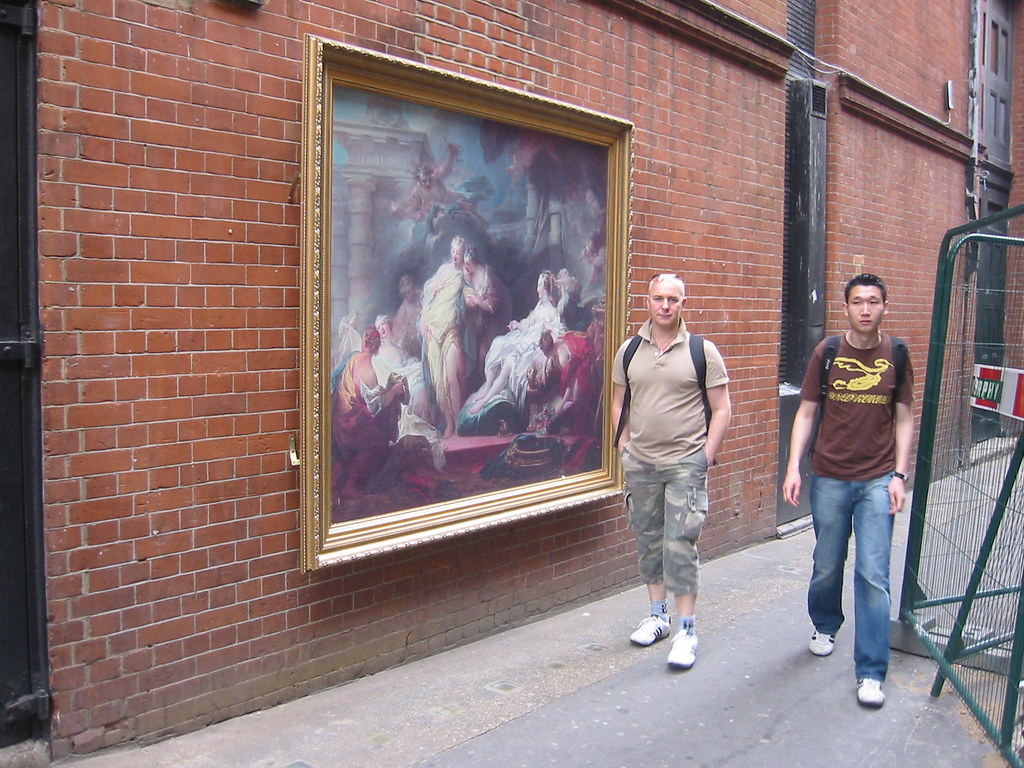
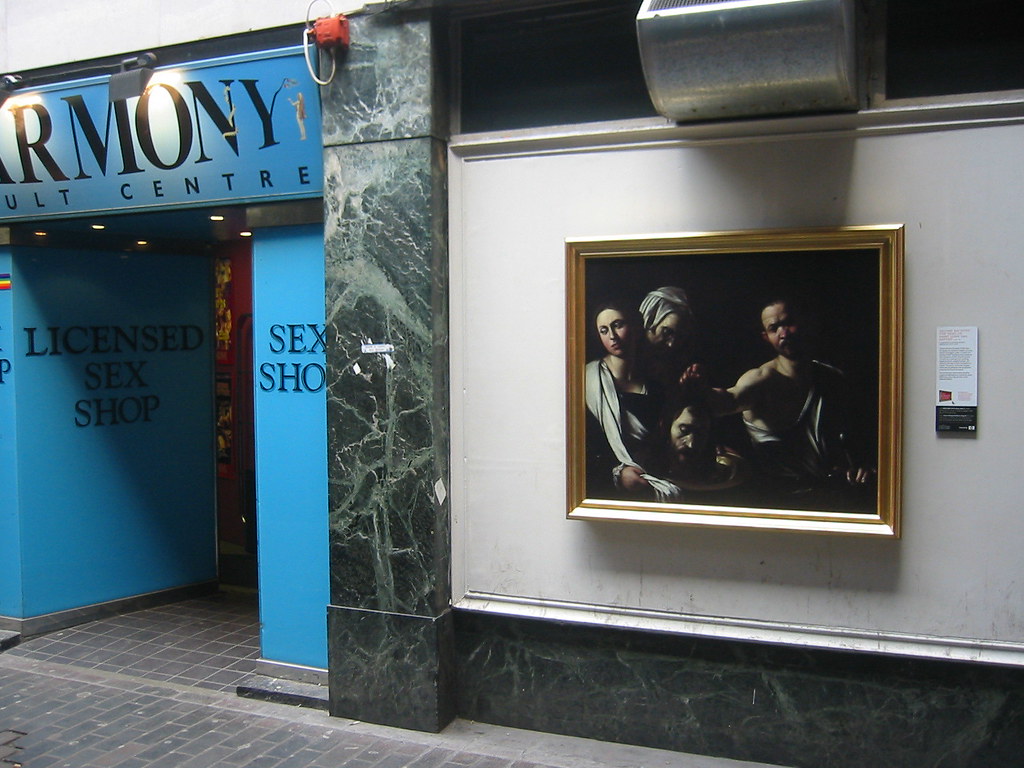
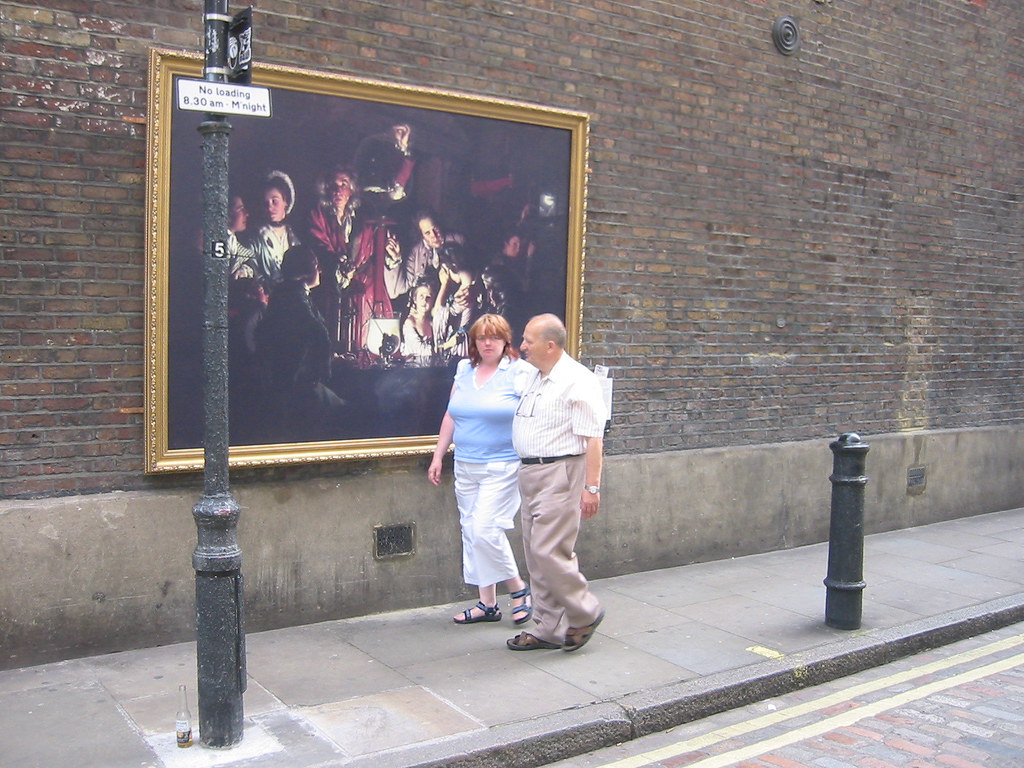
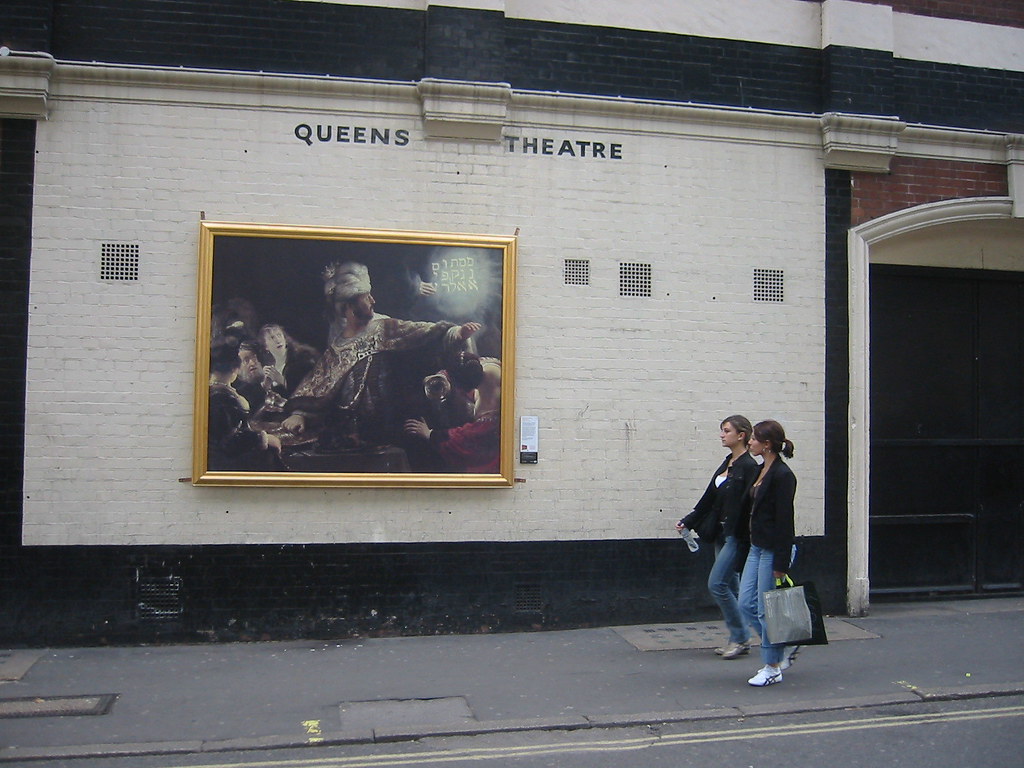

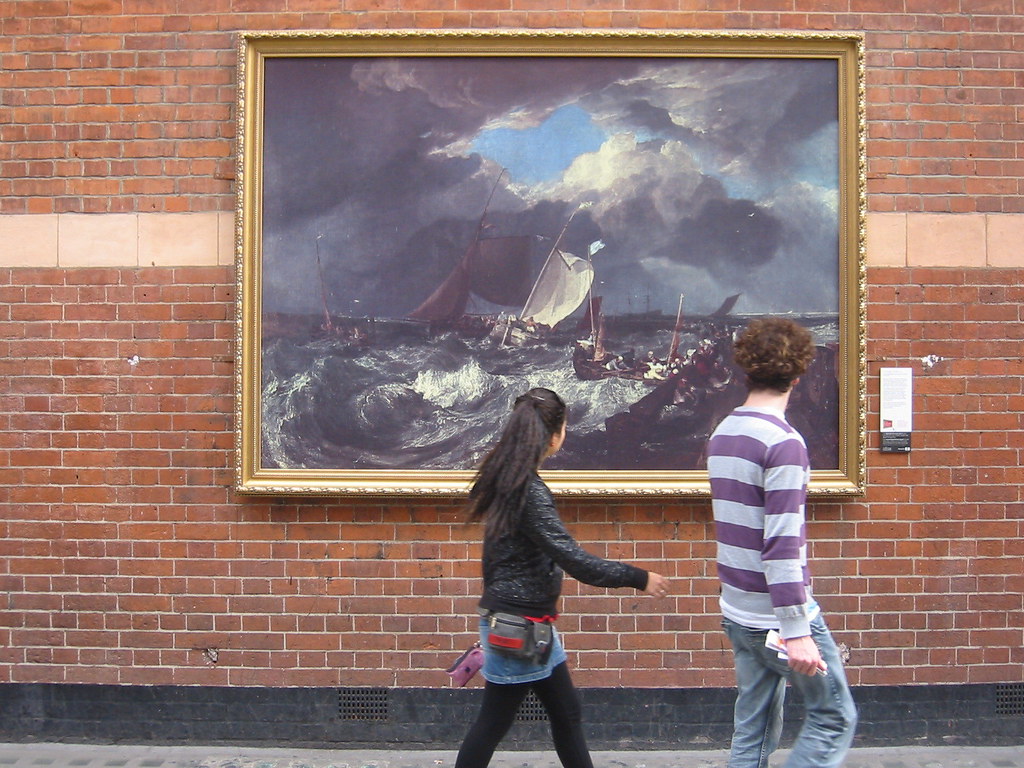
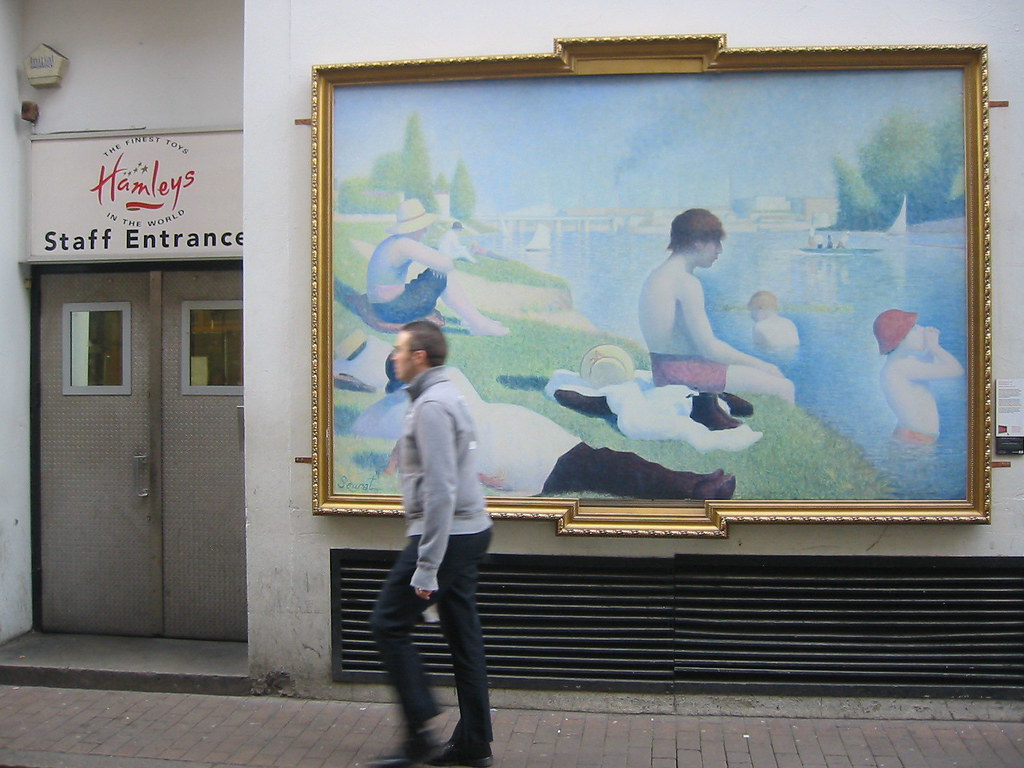
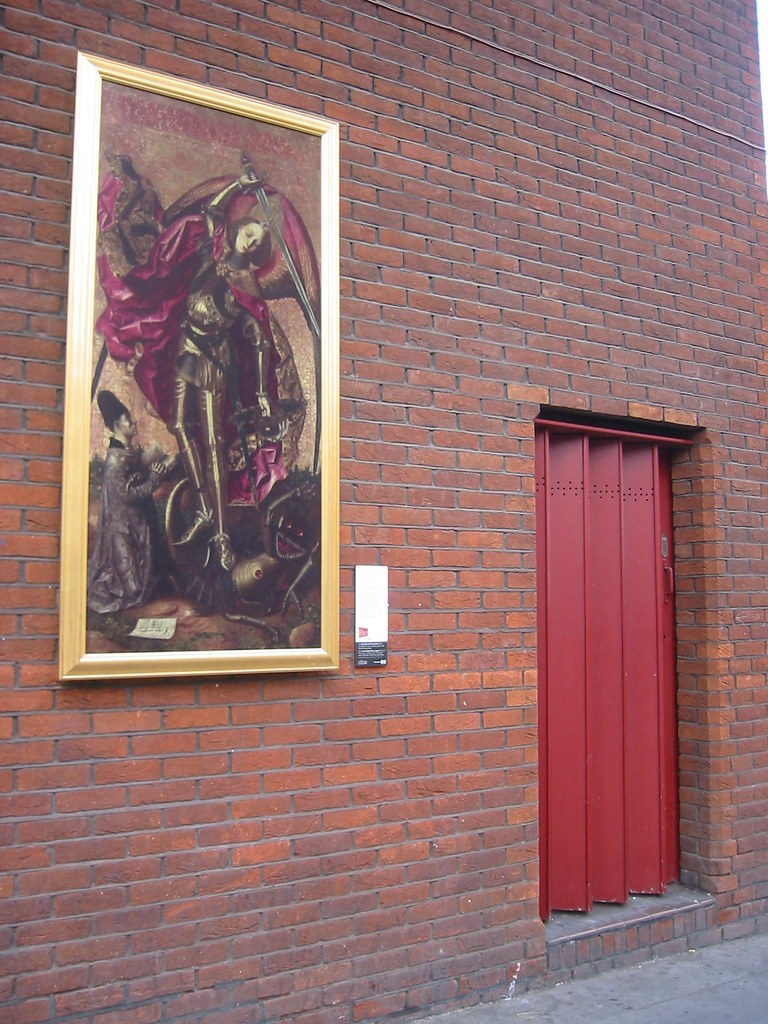
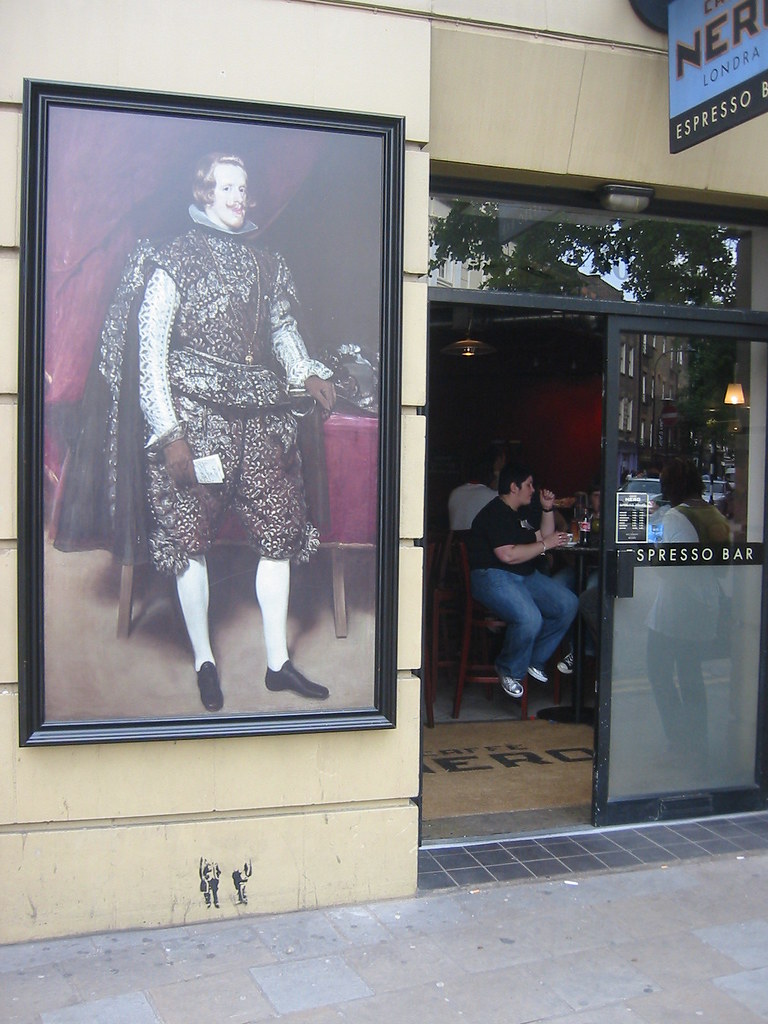
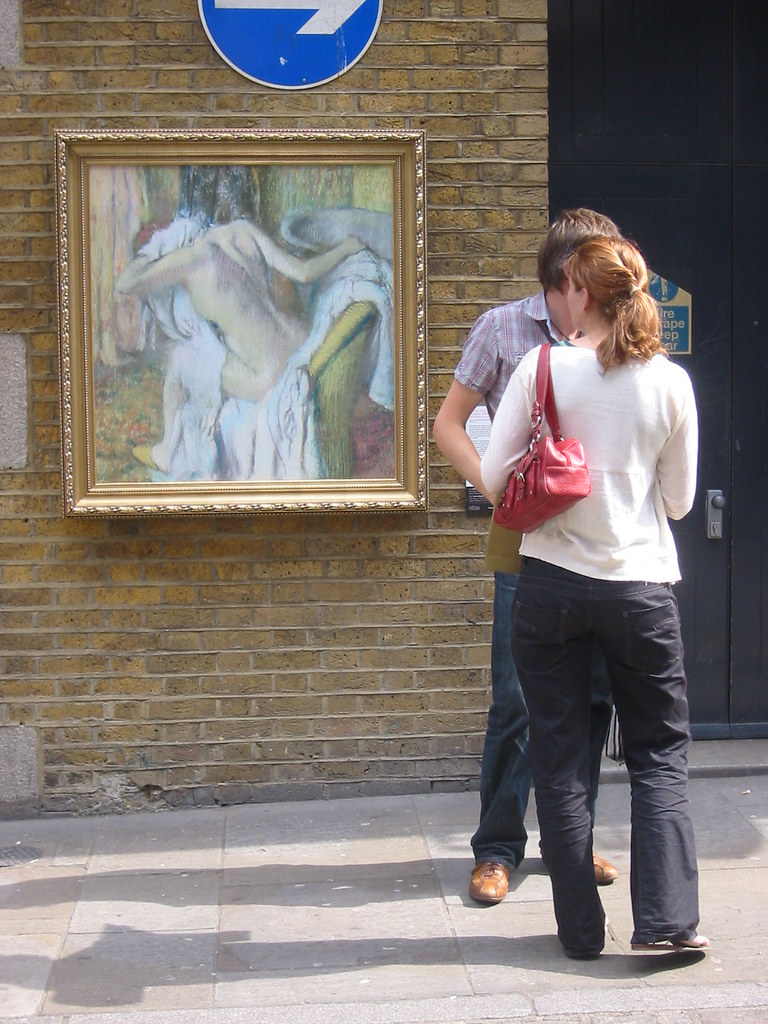
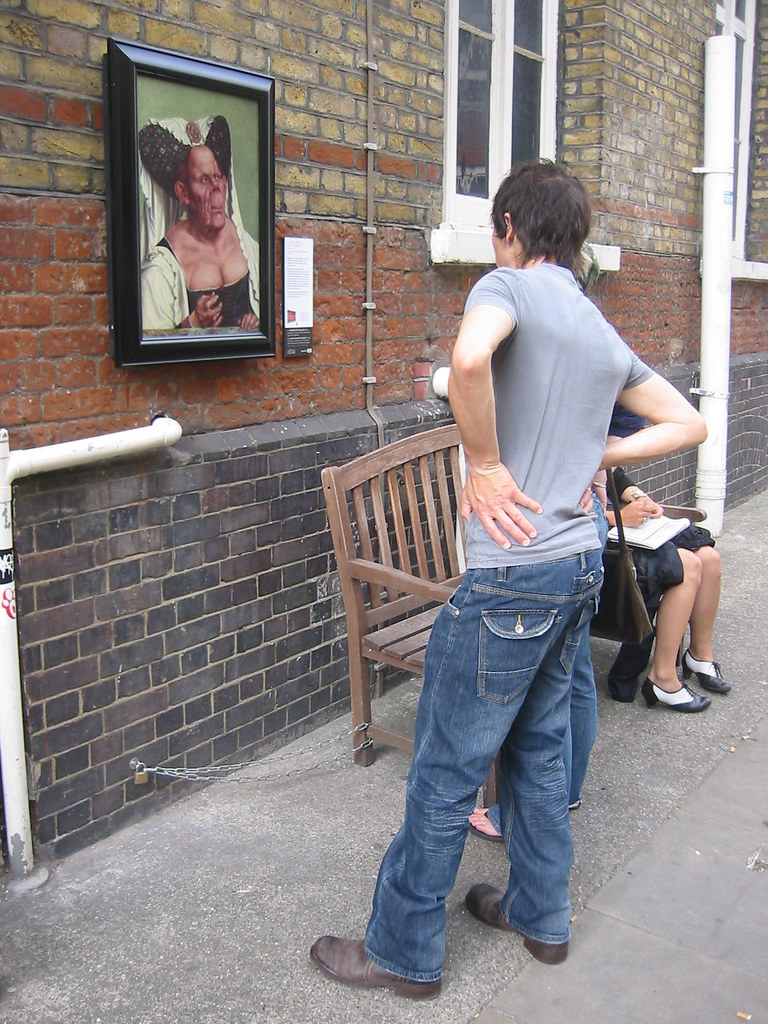
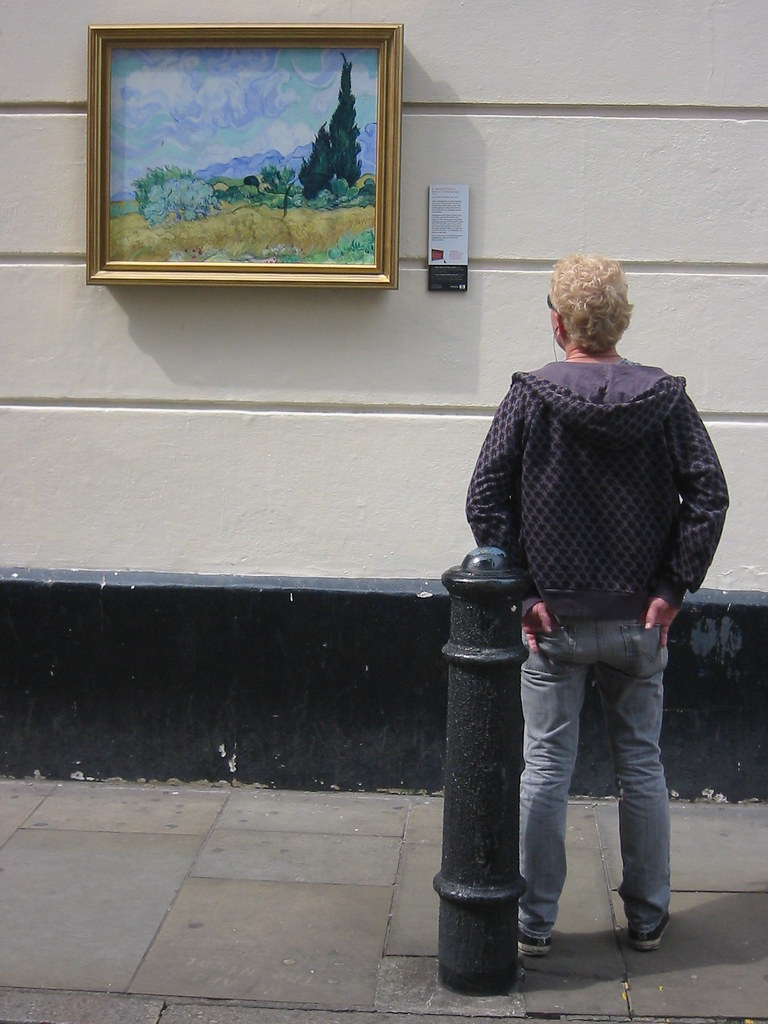
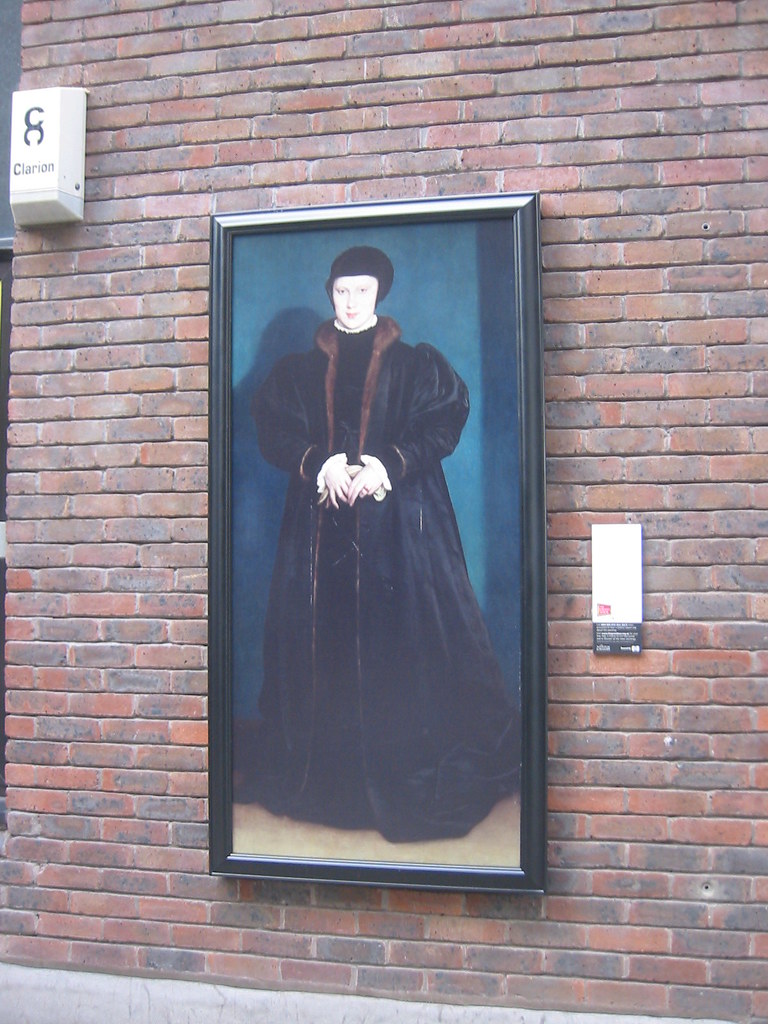
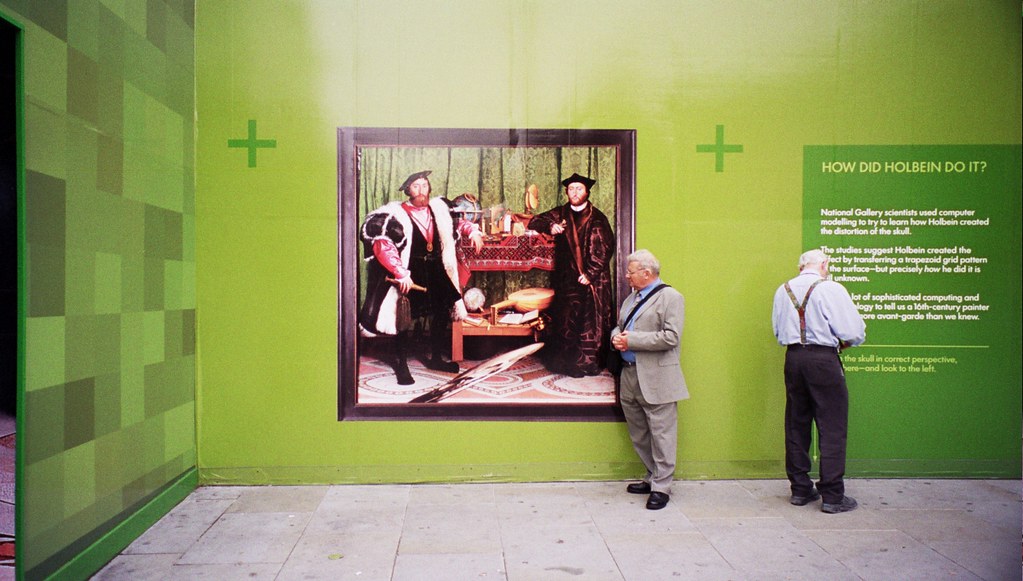
|